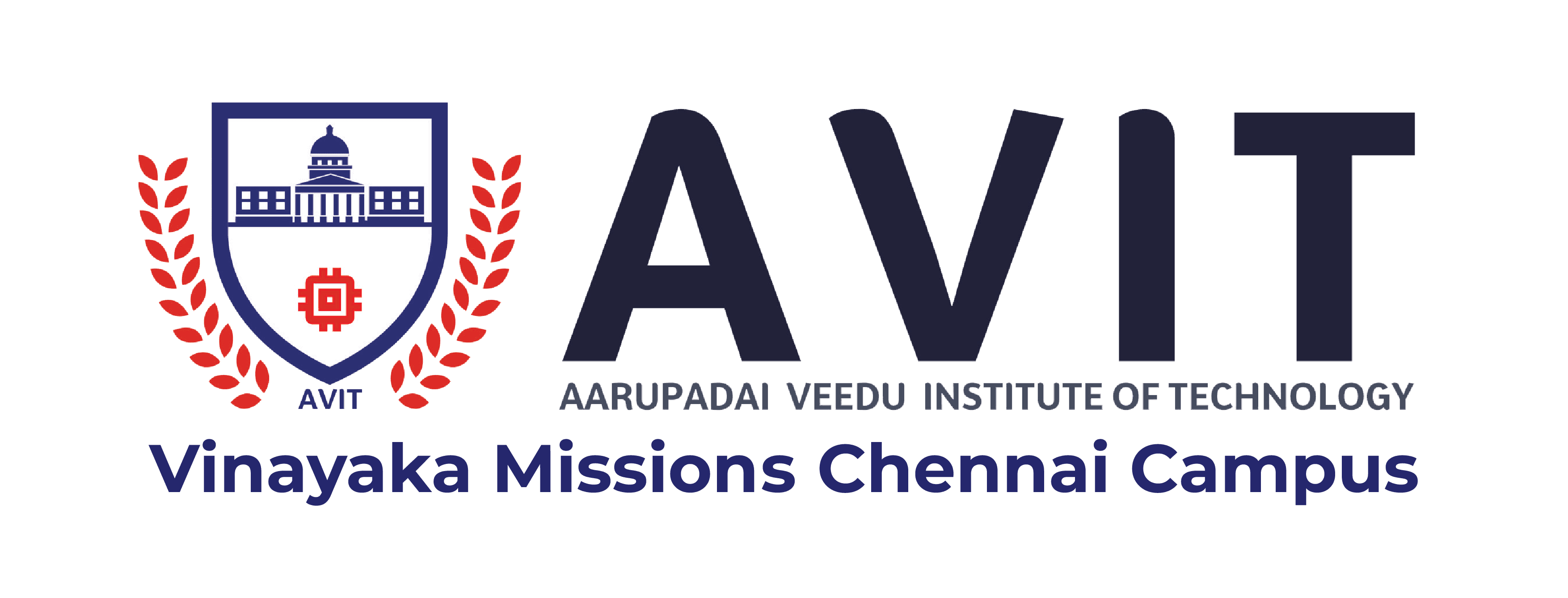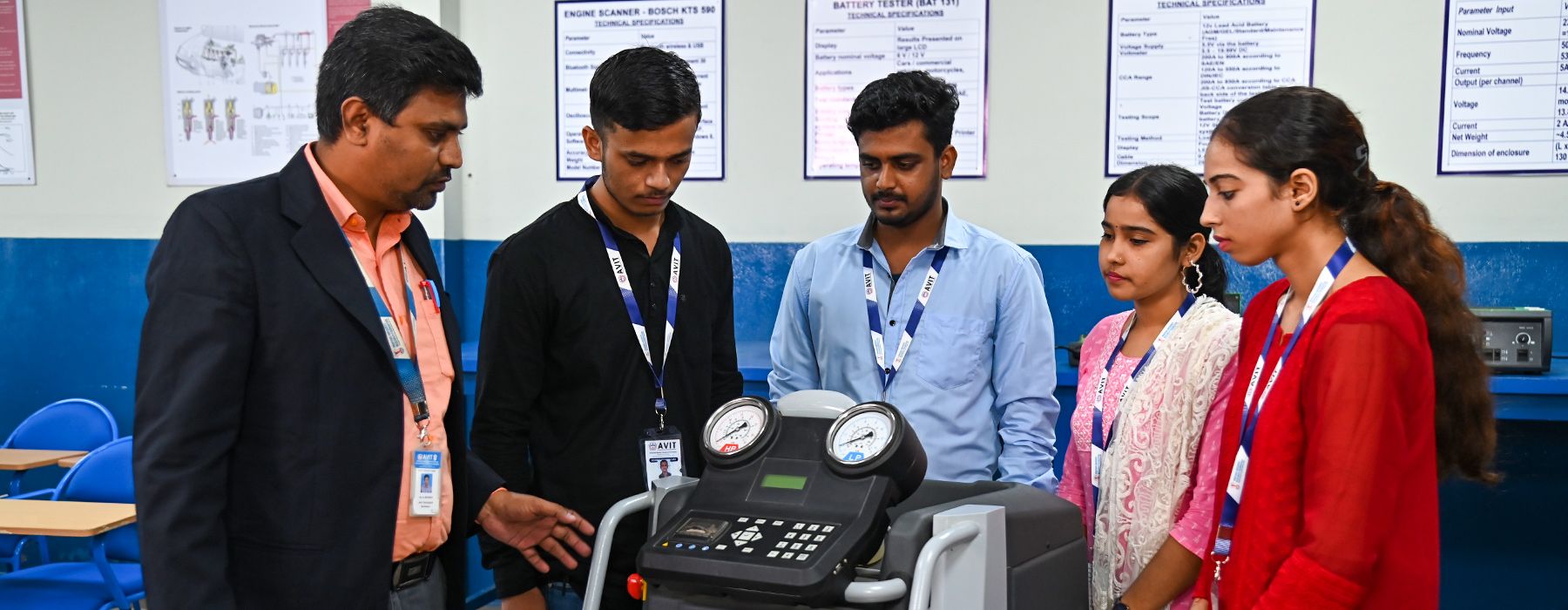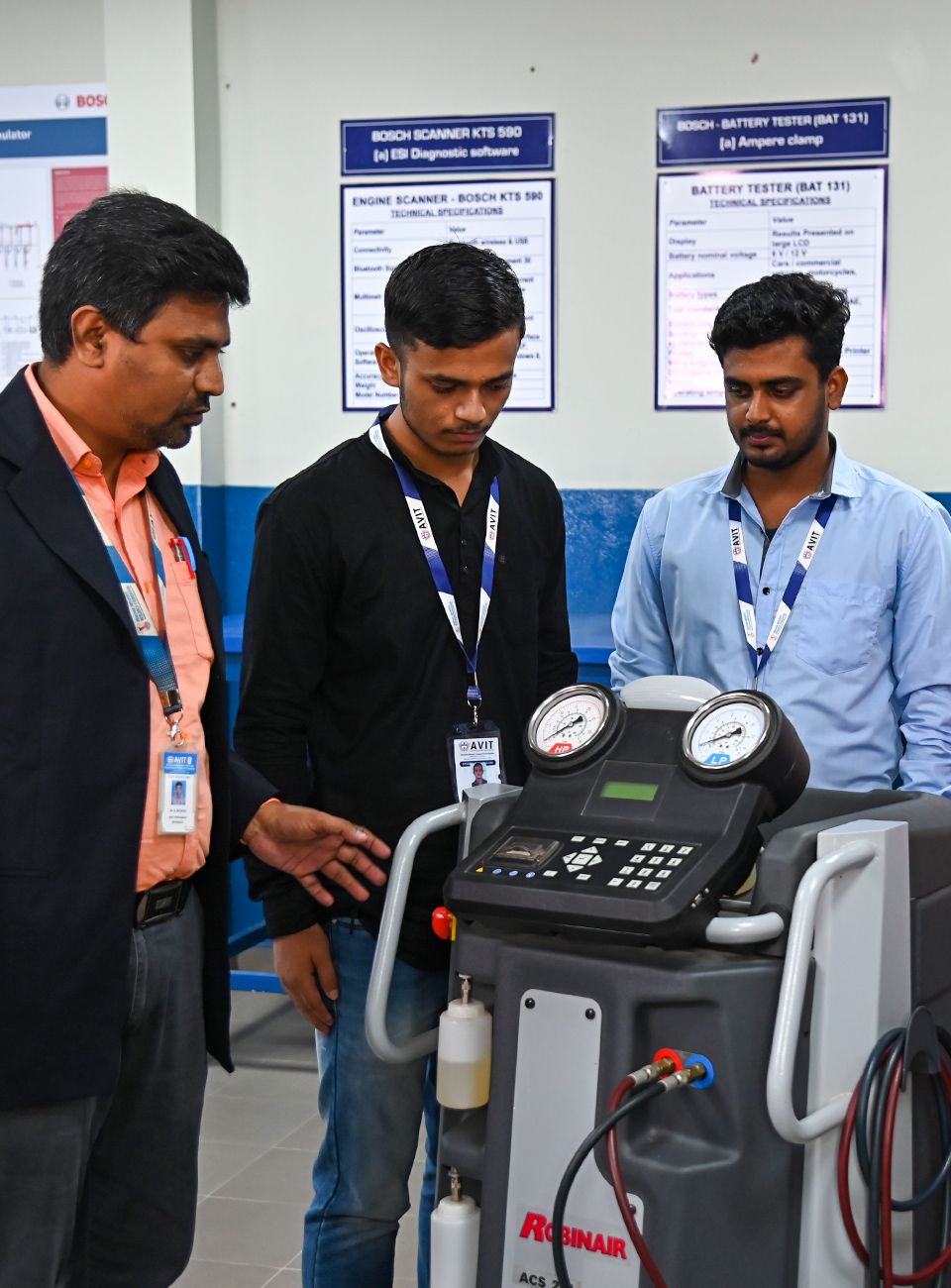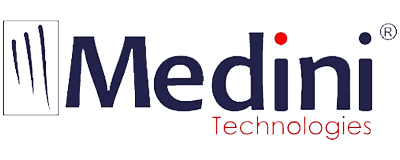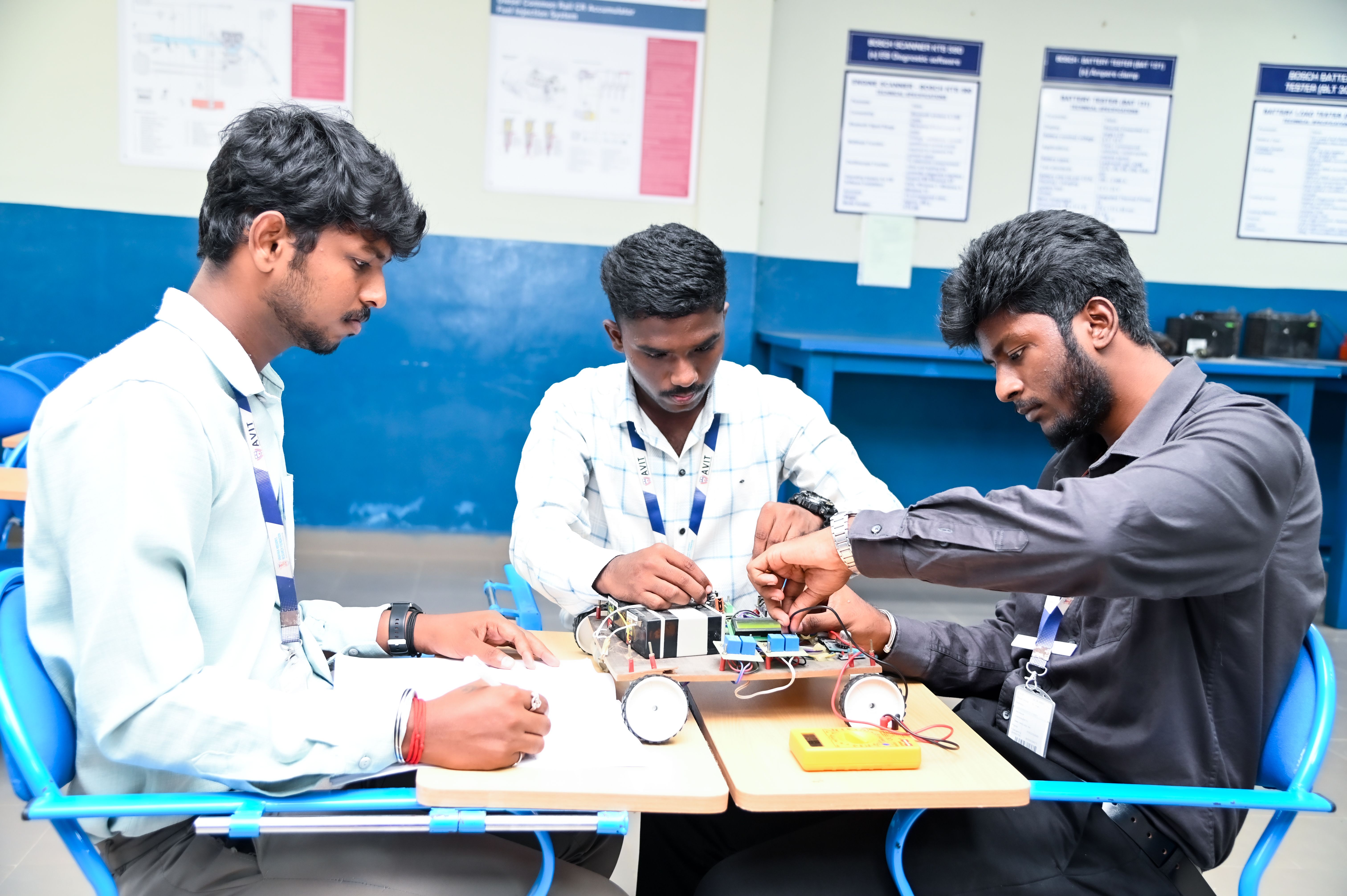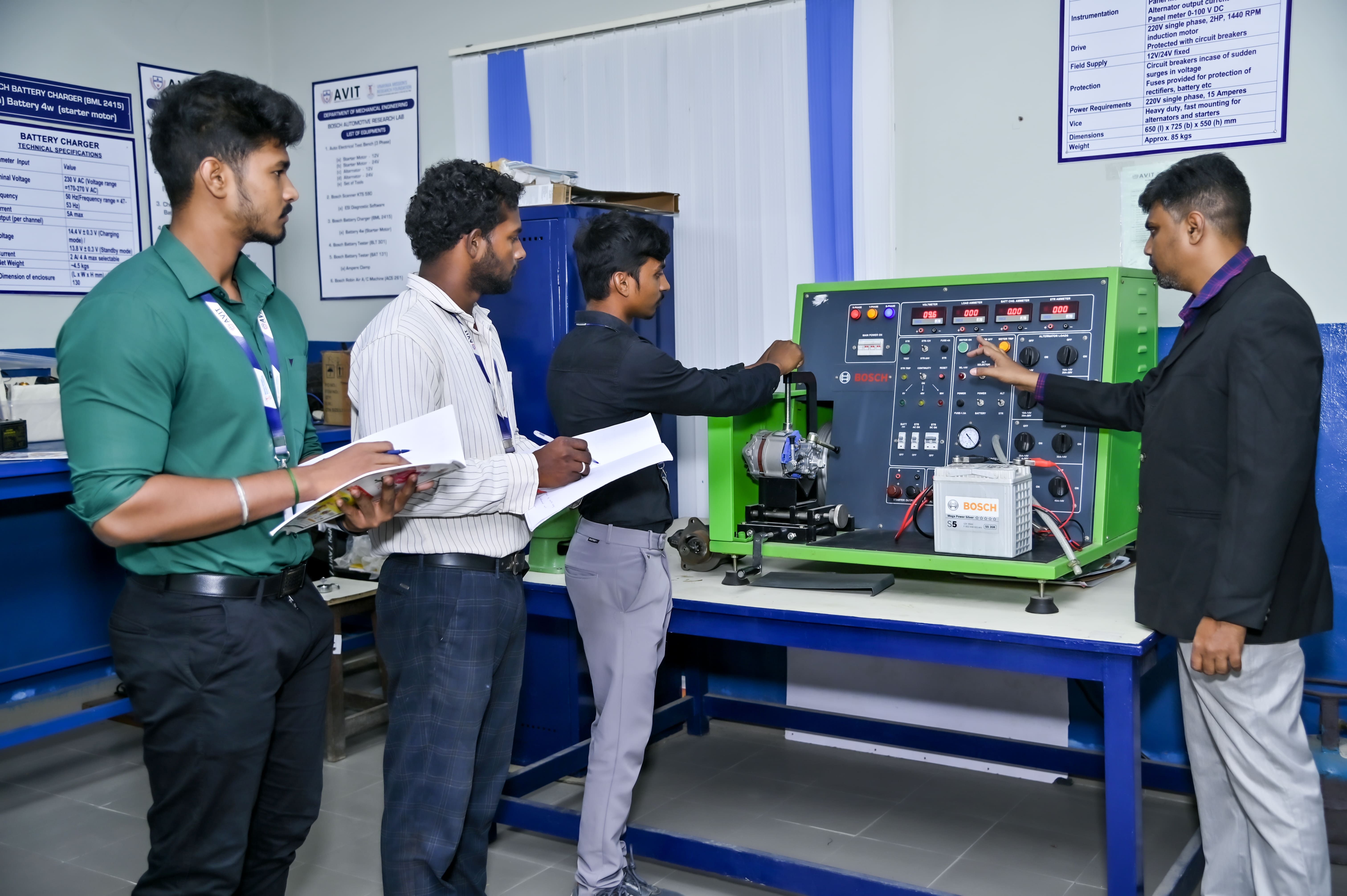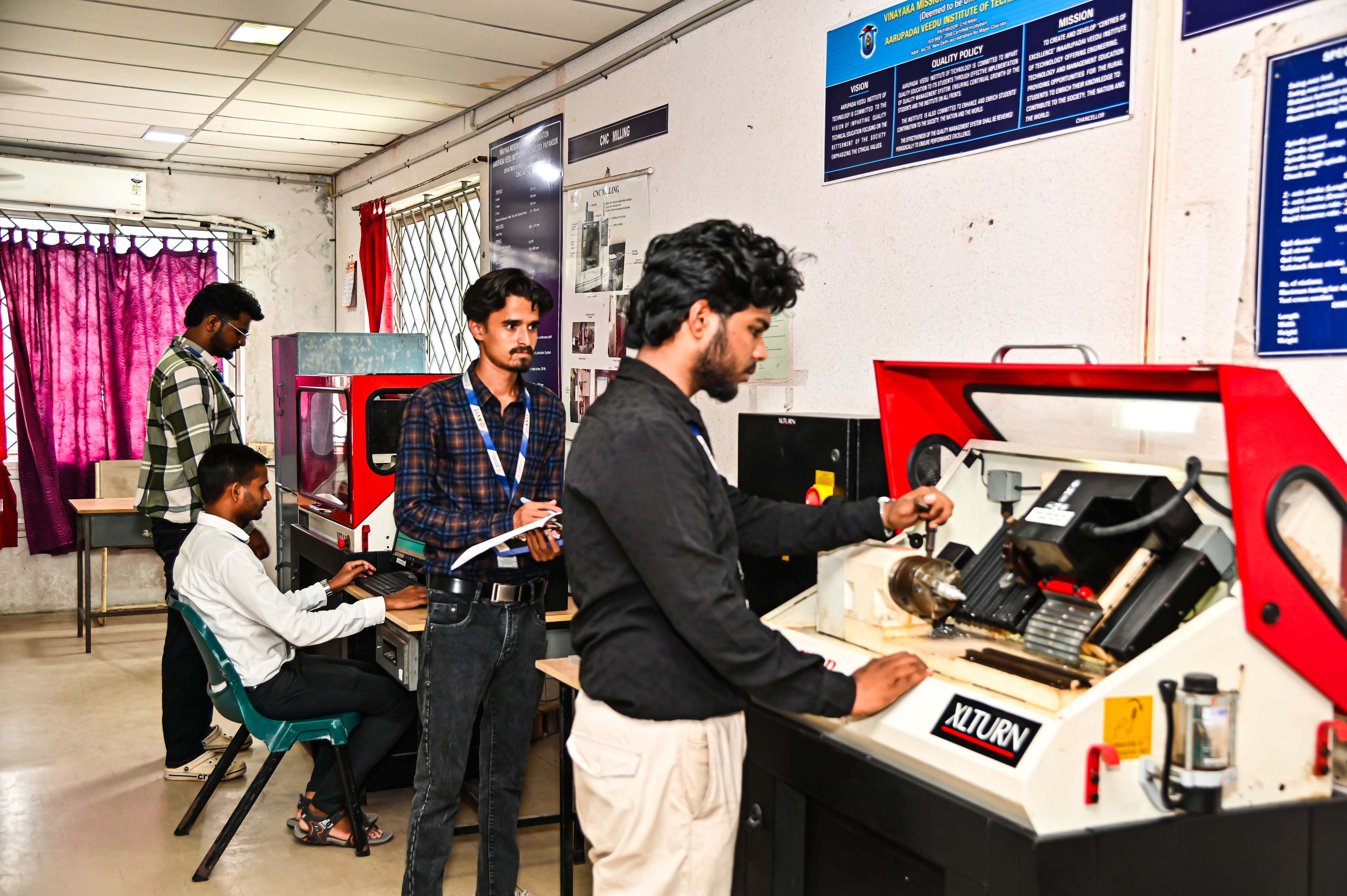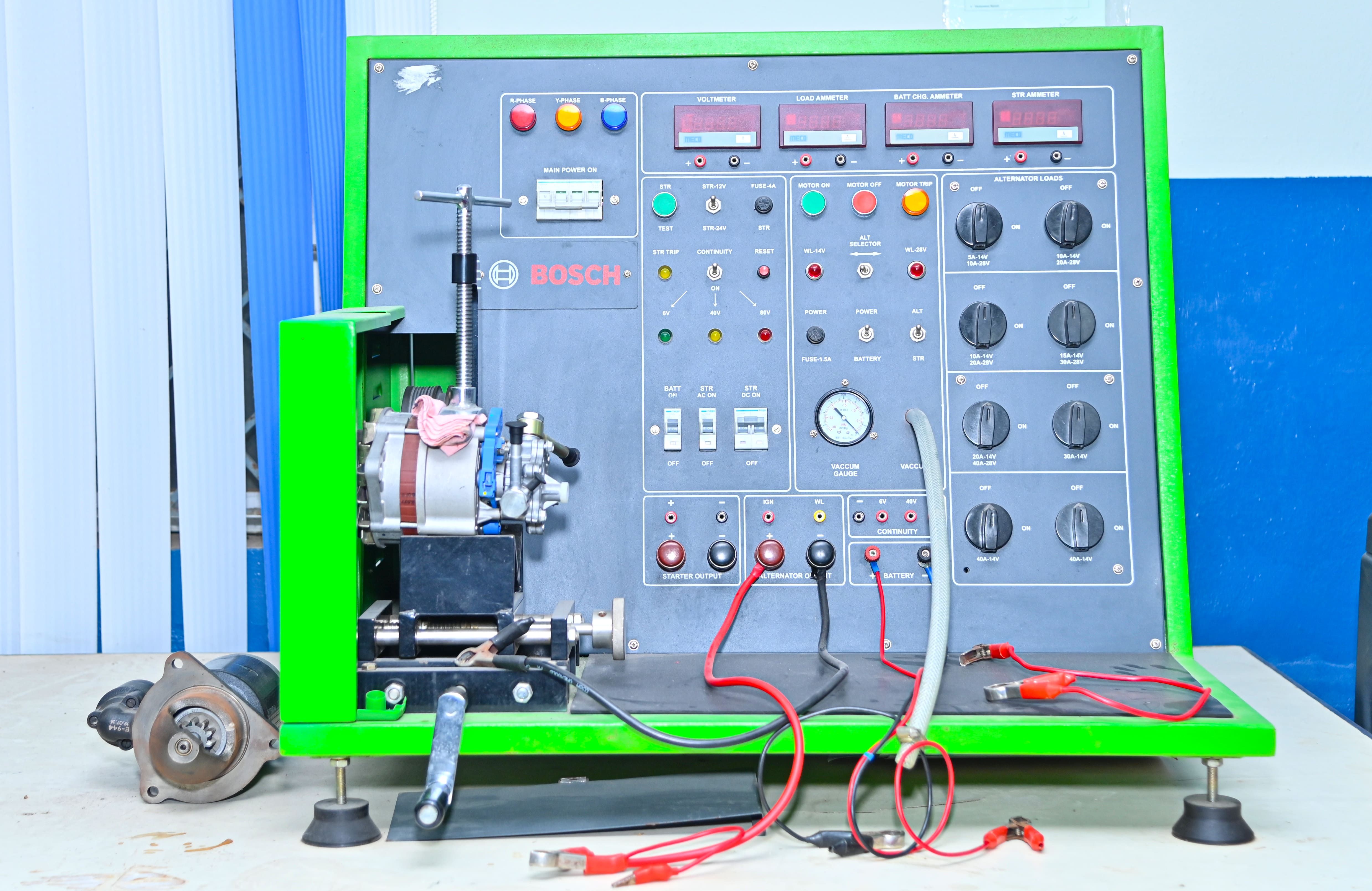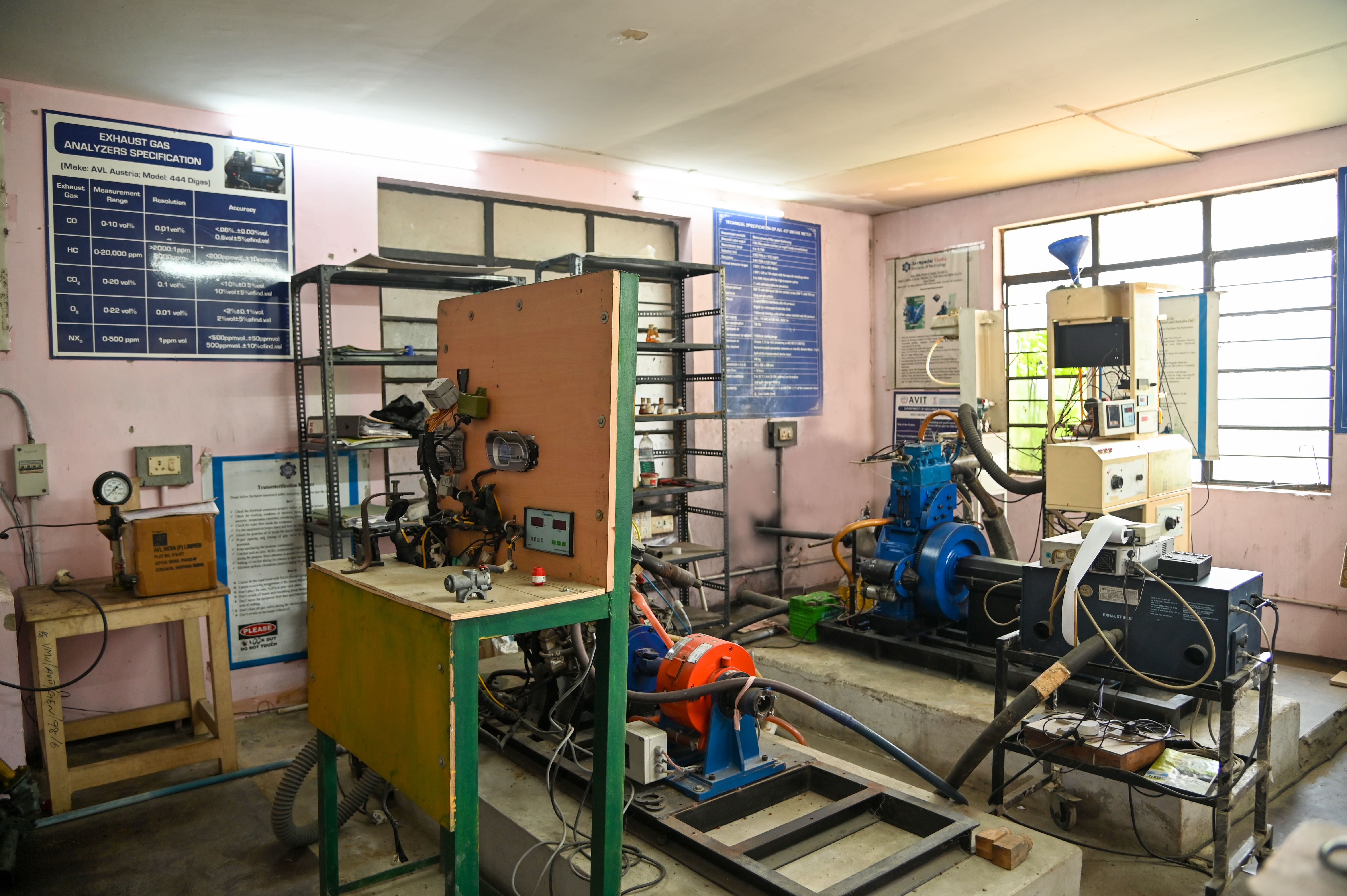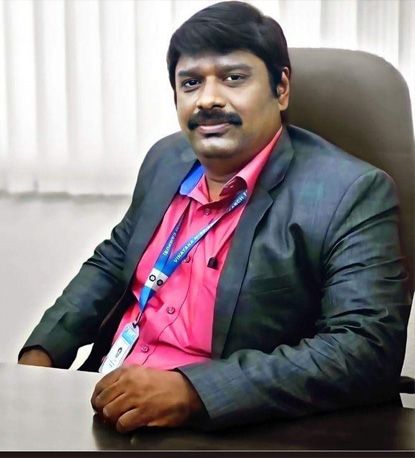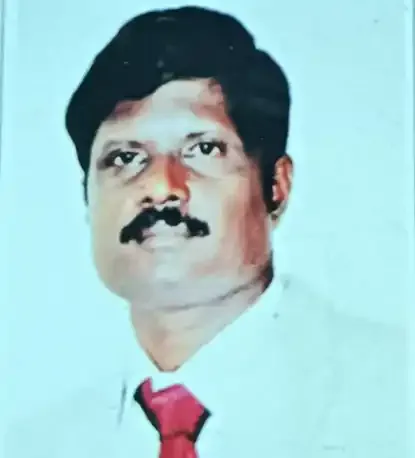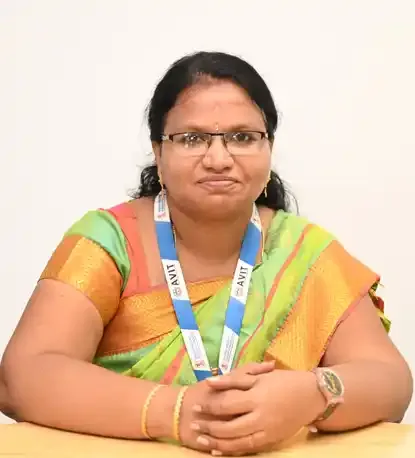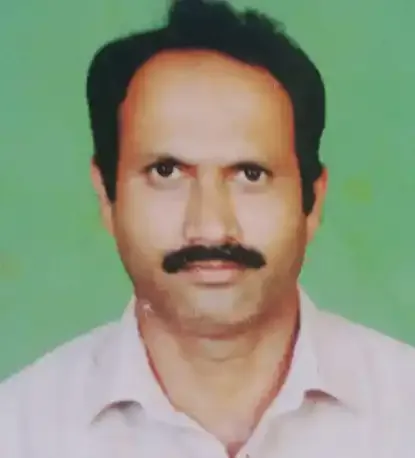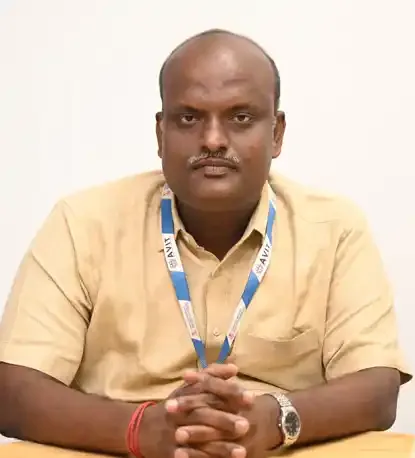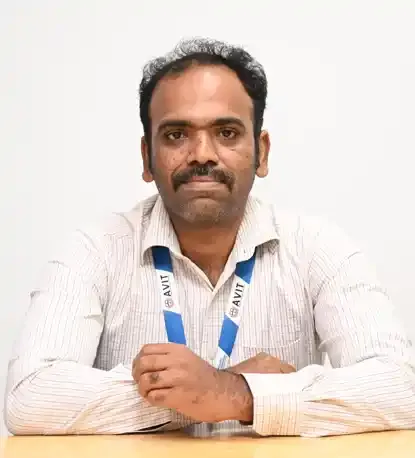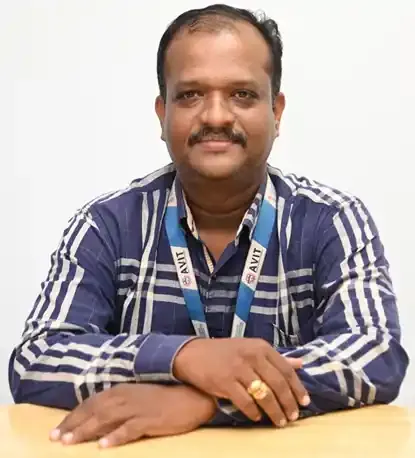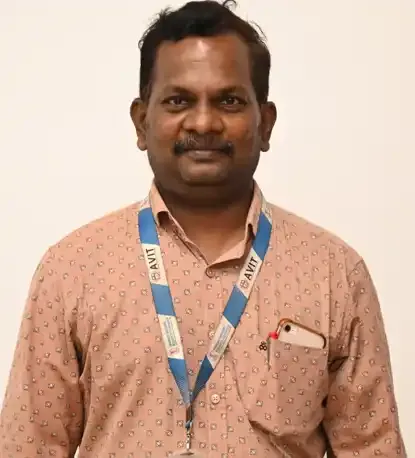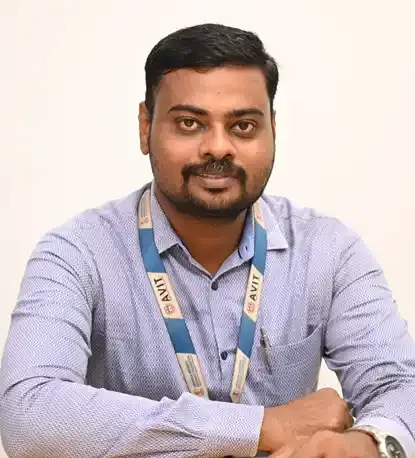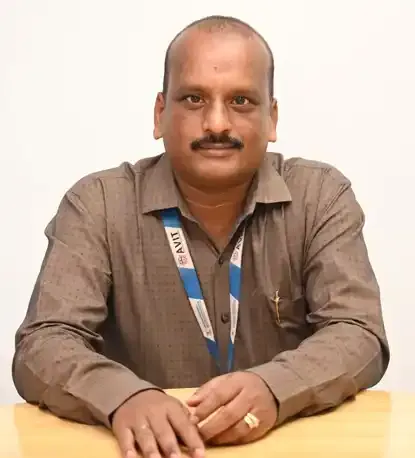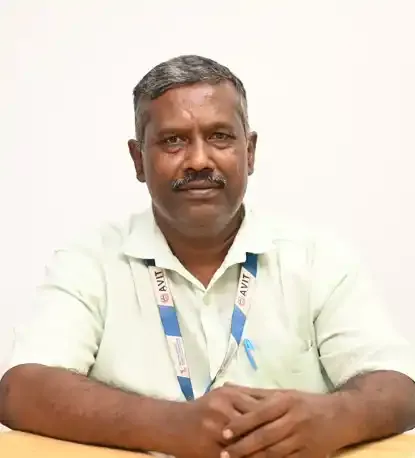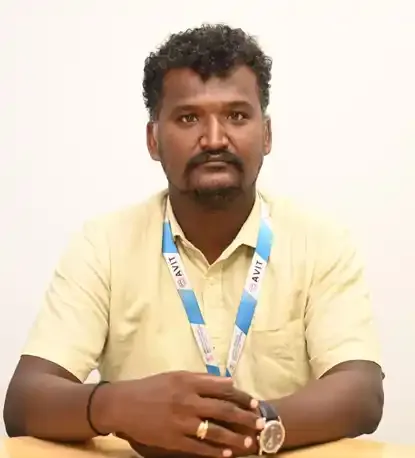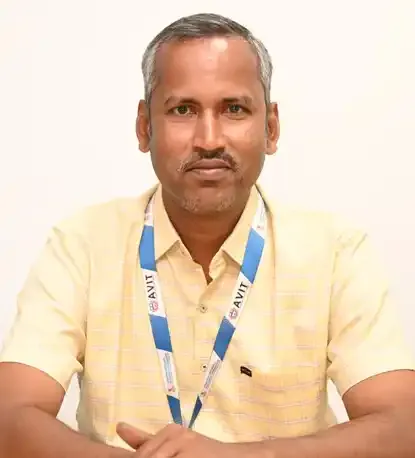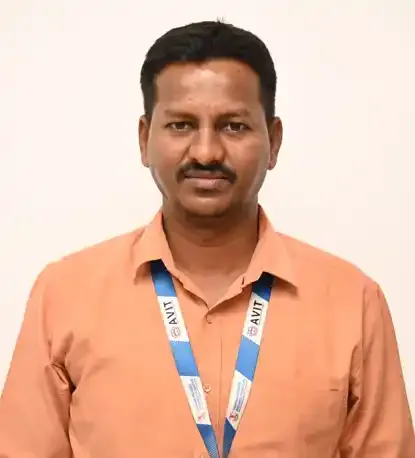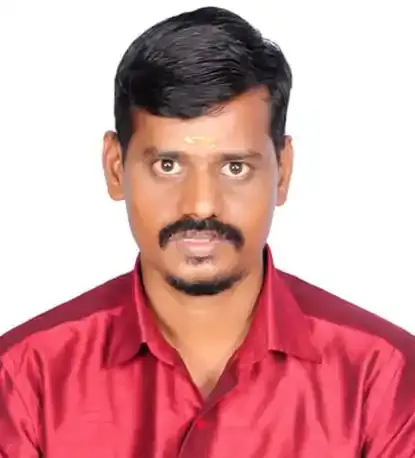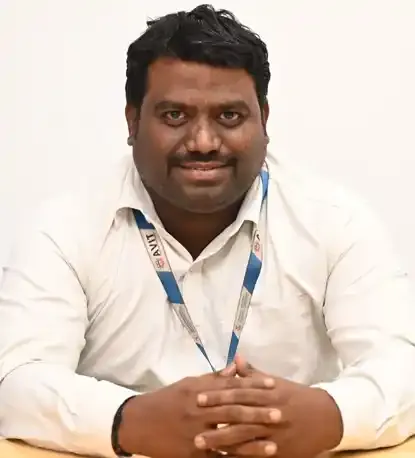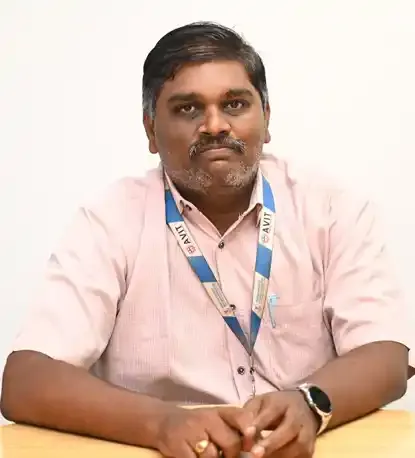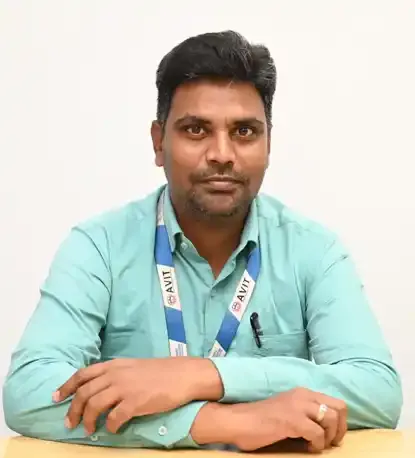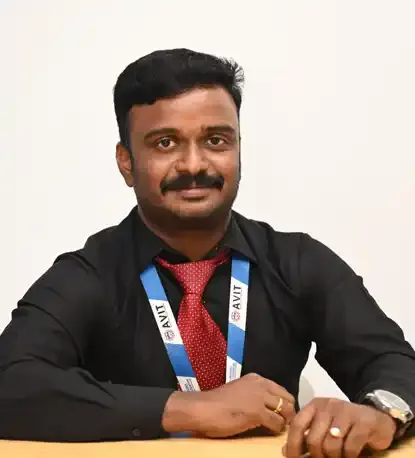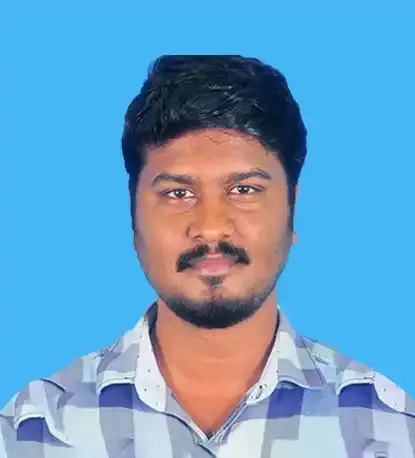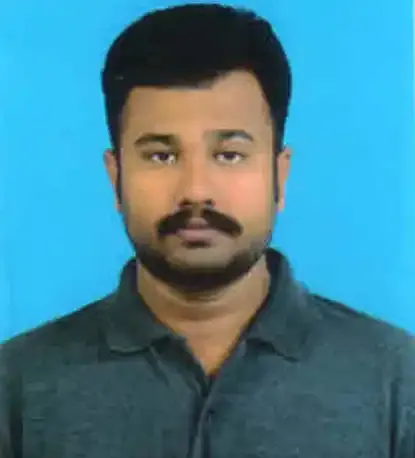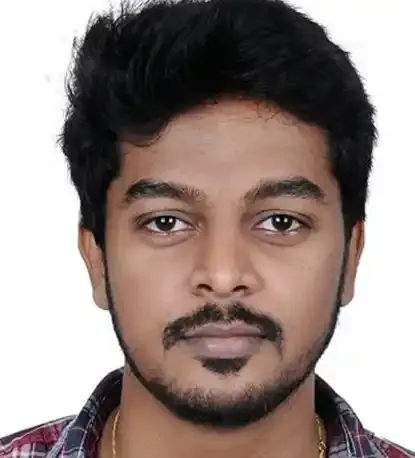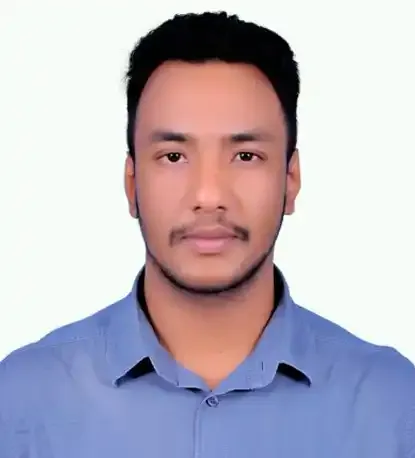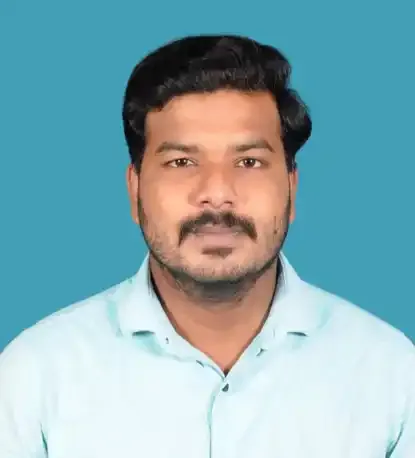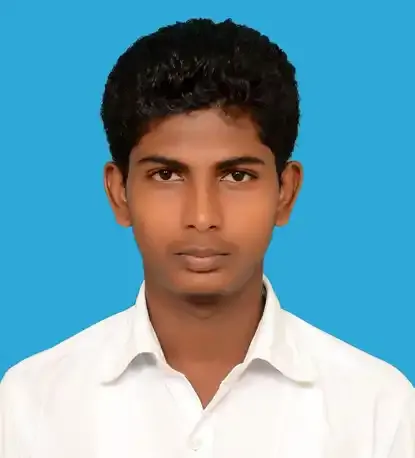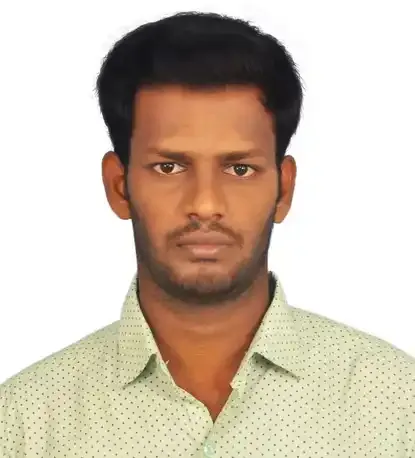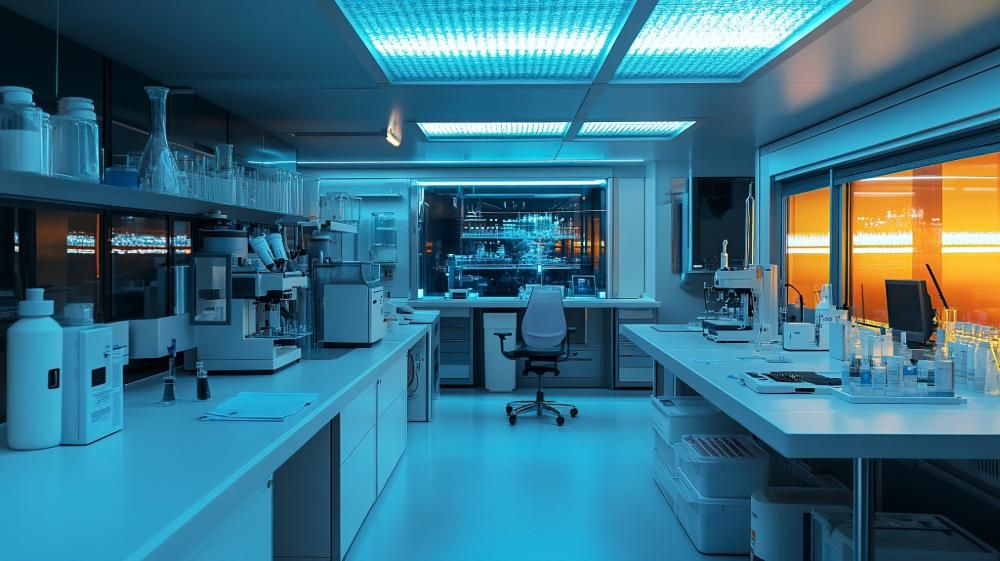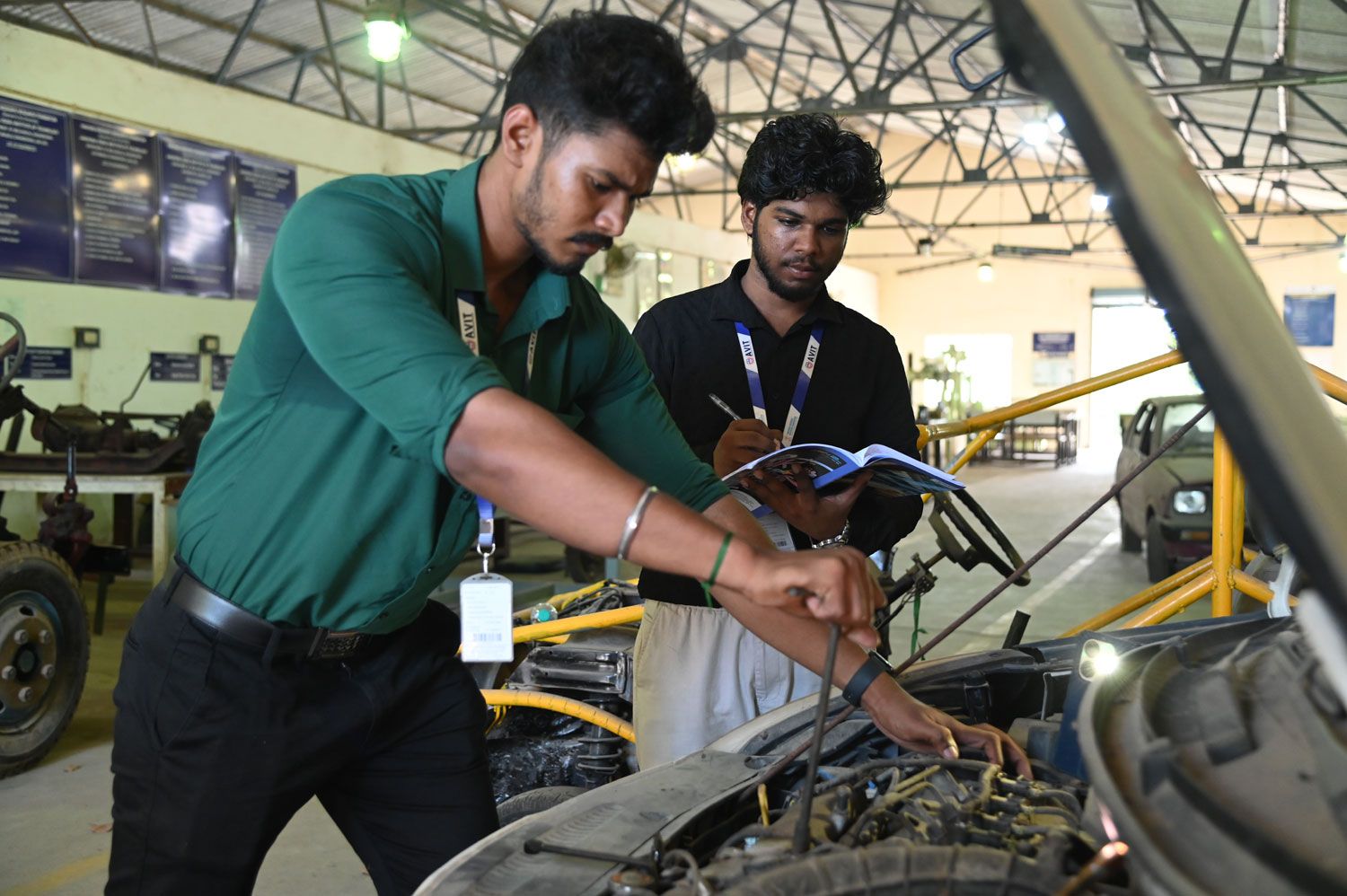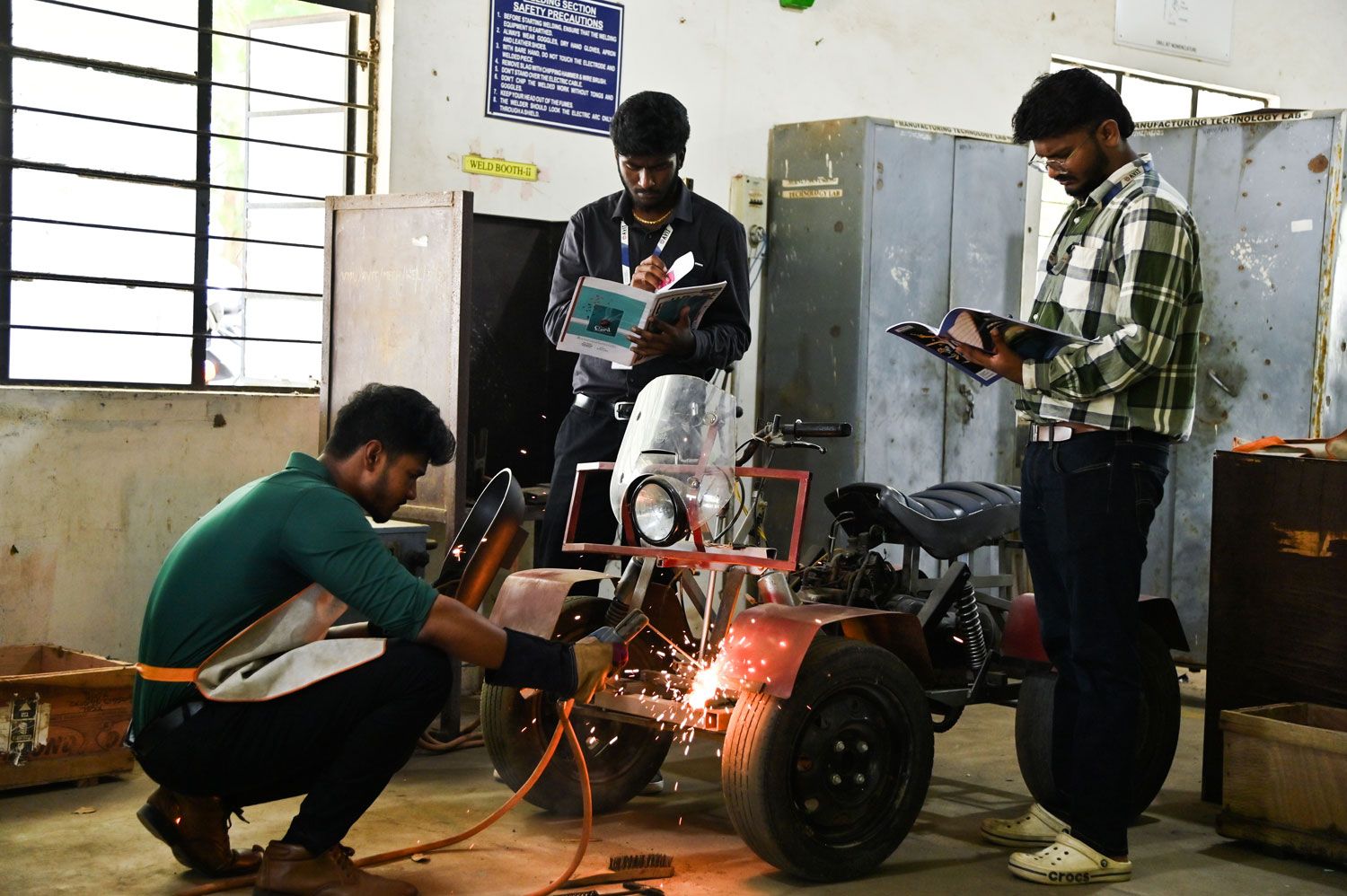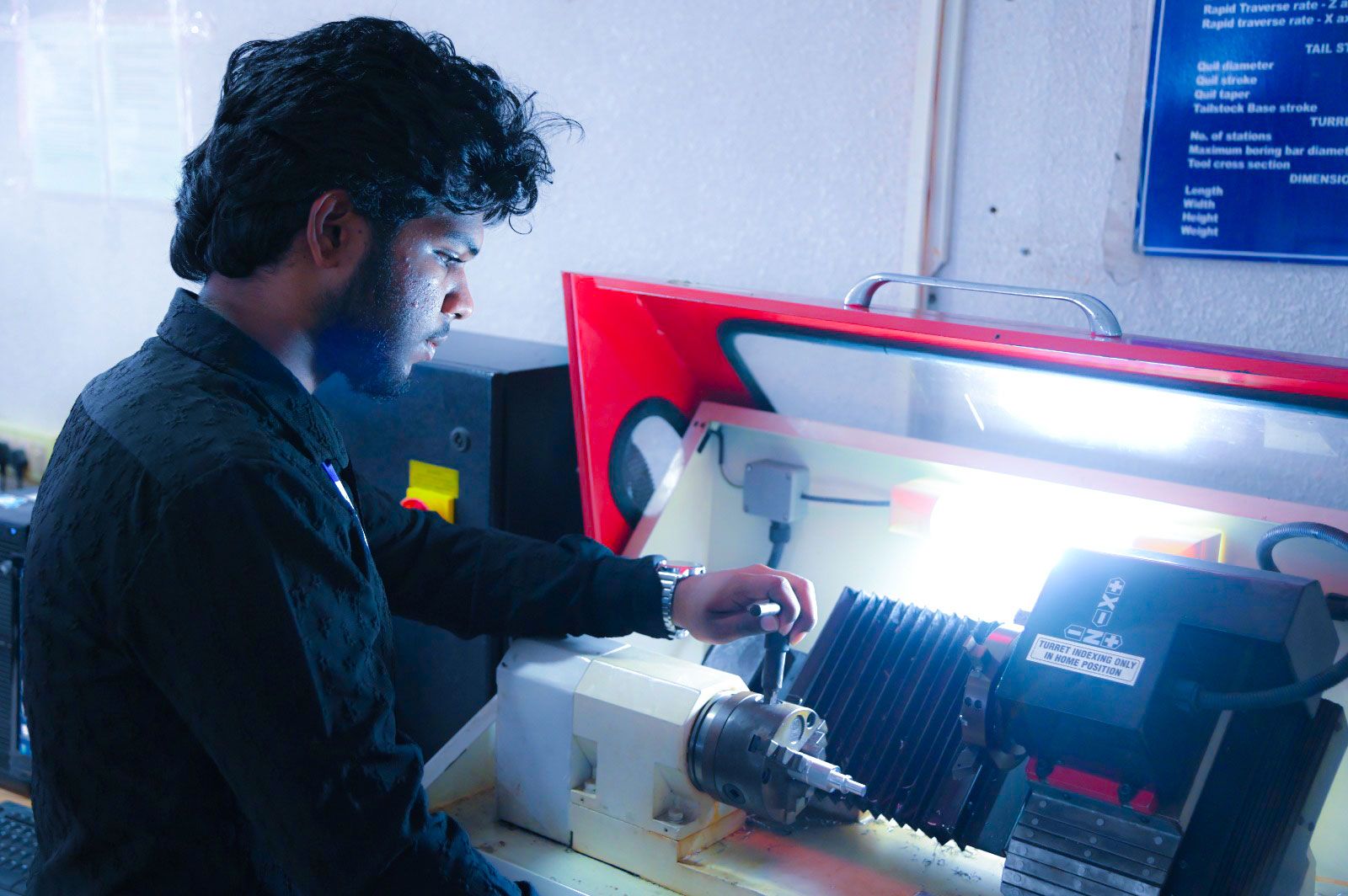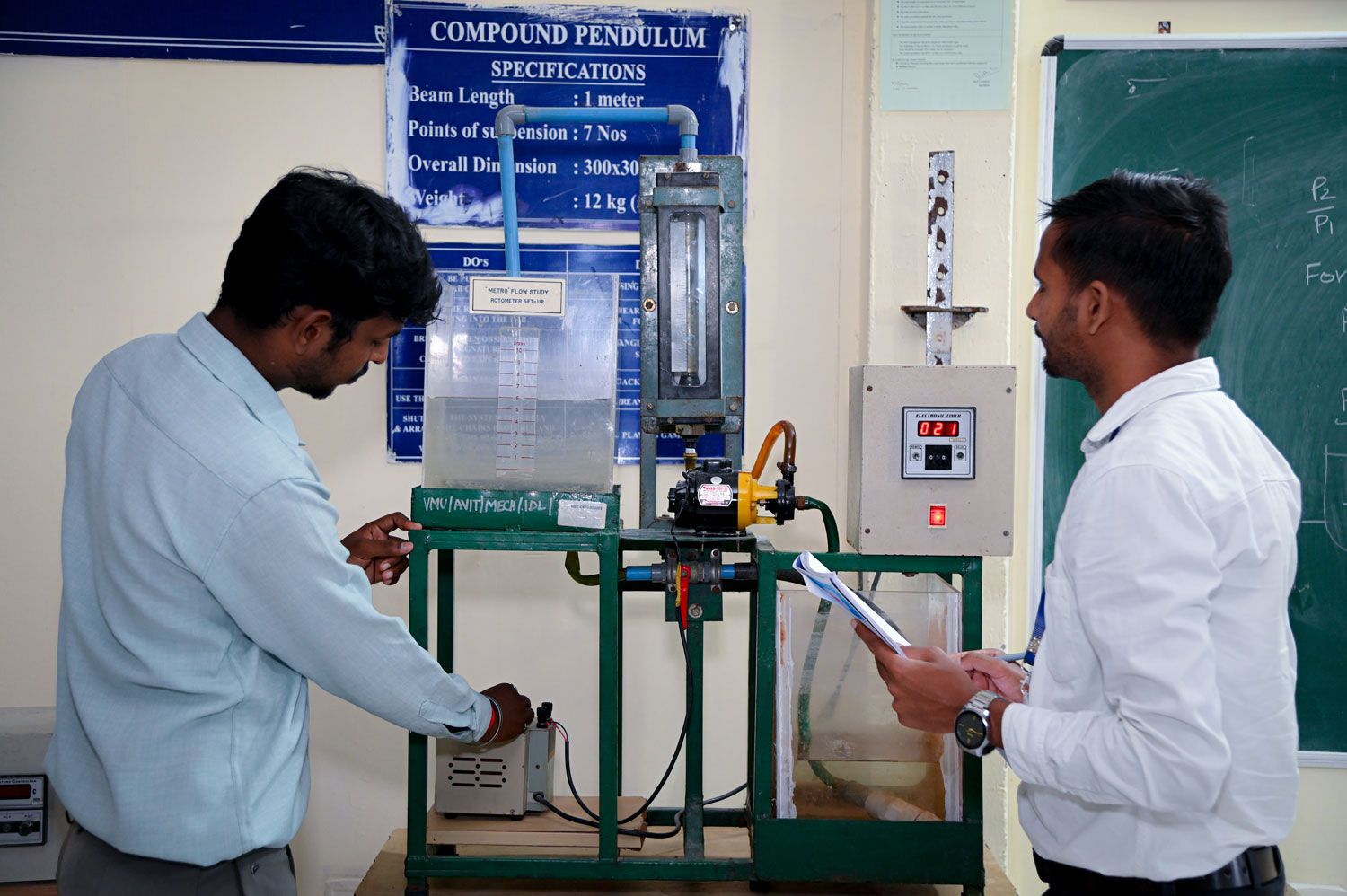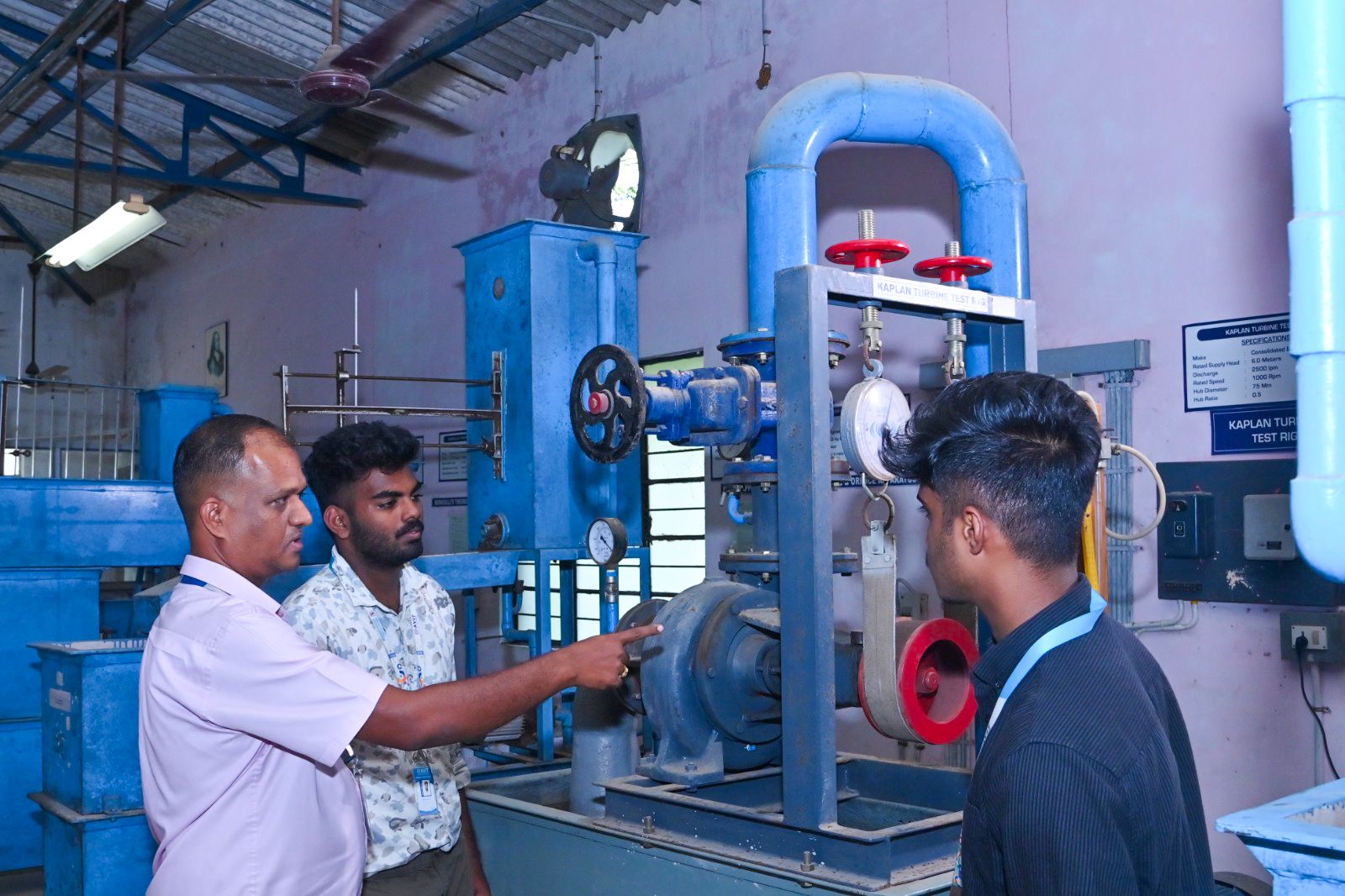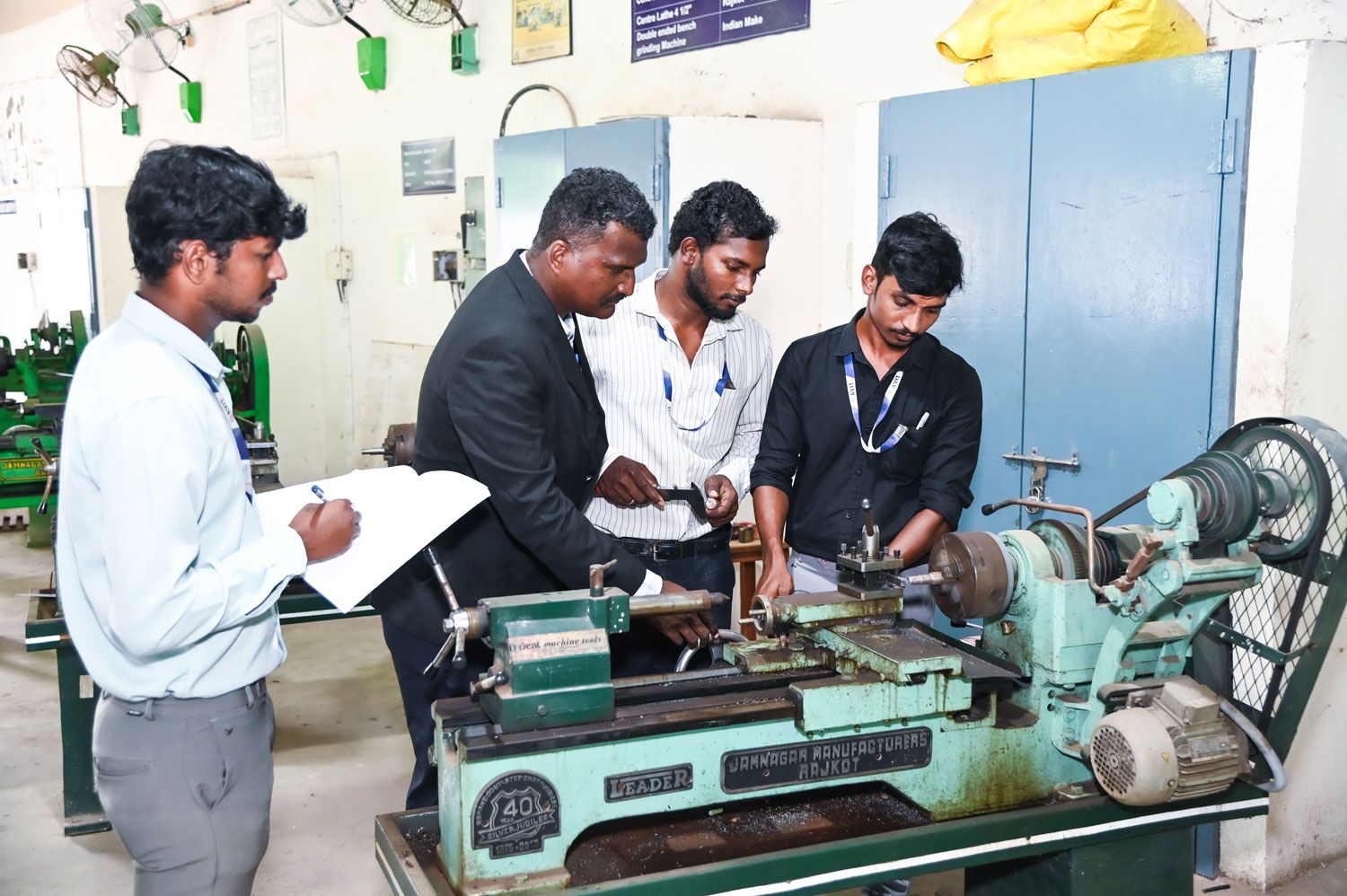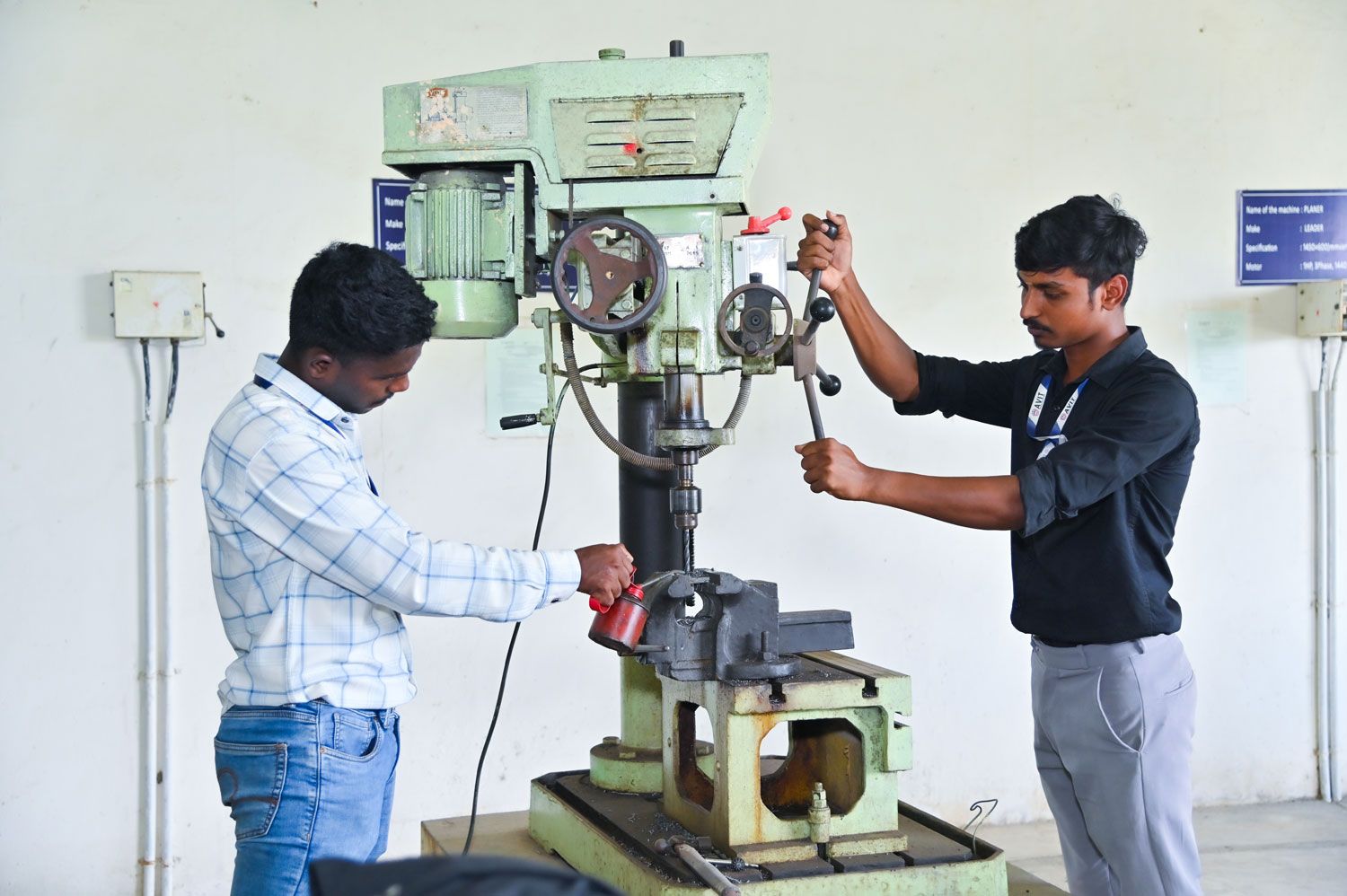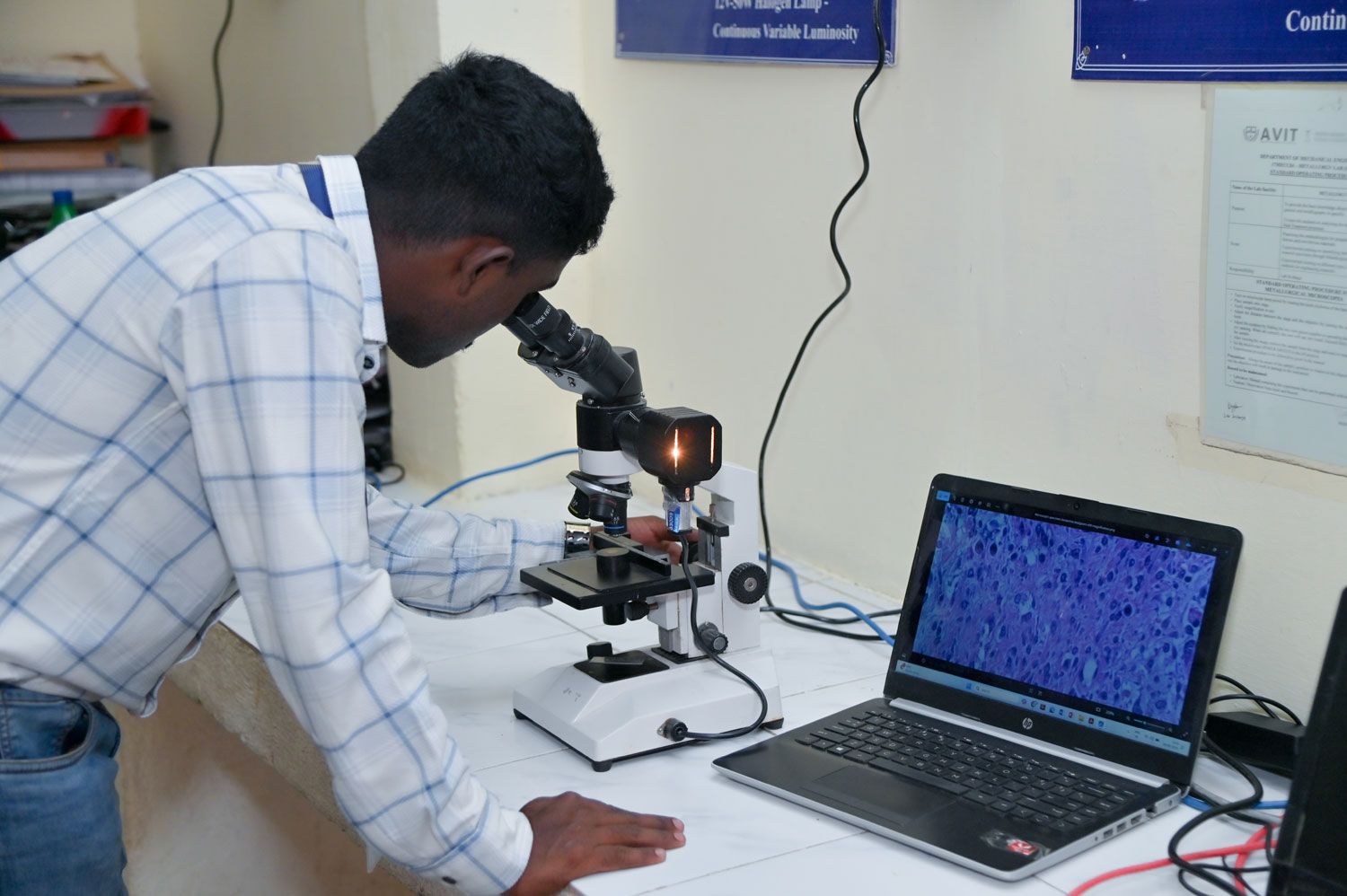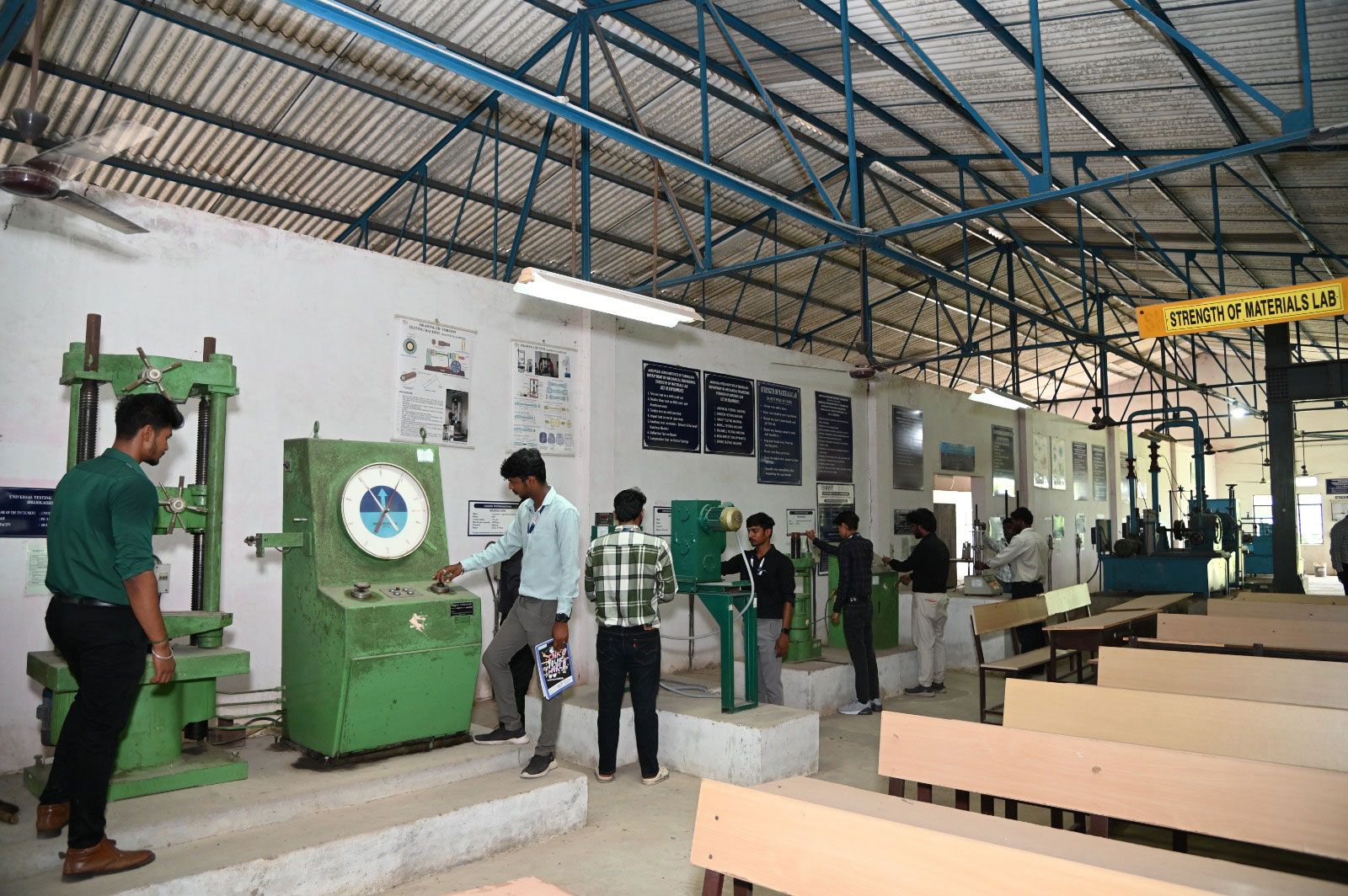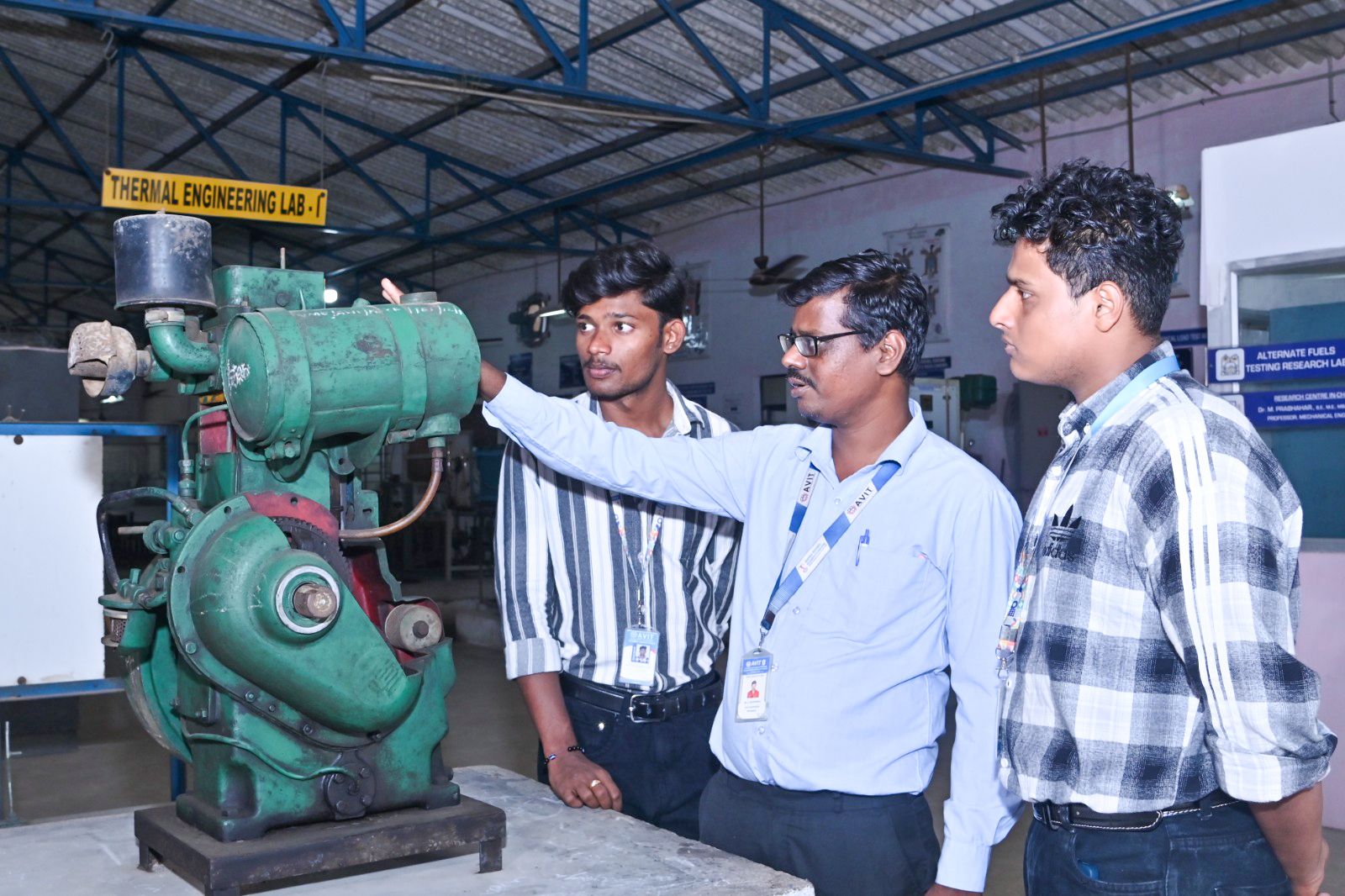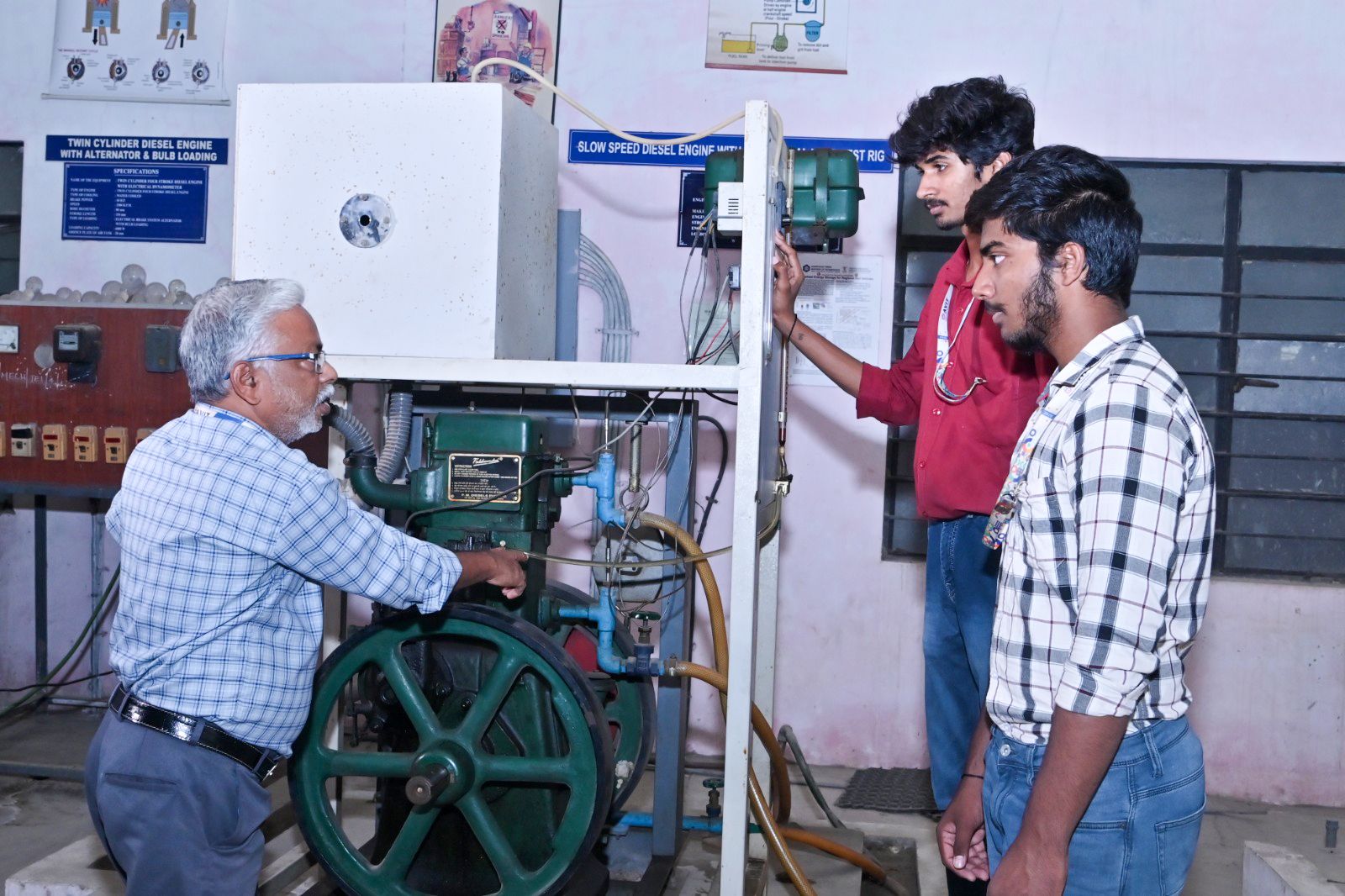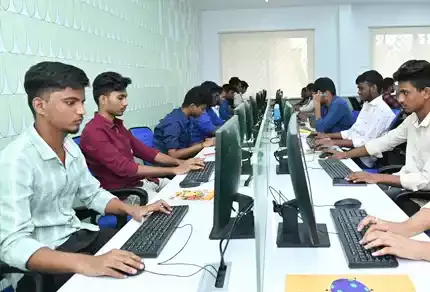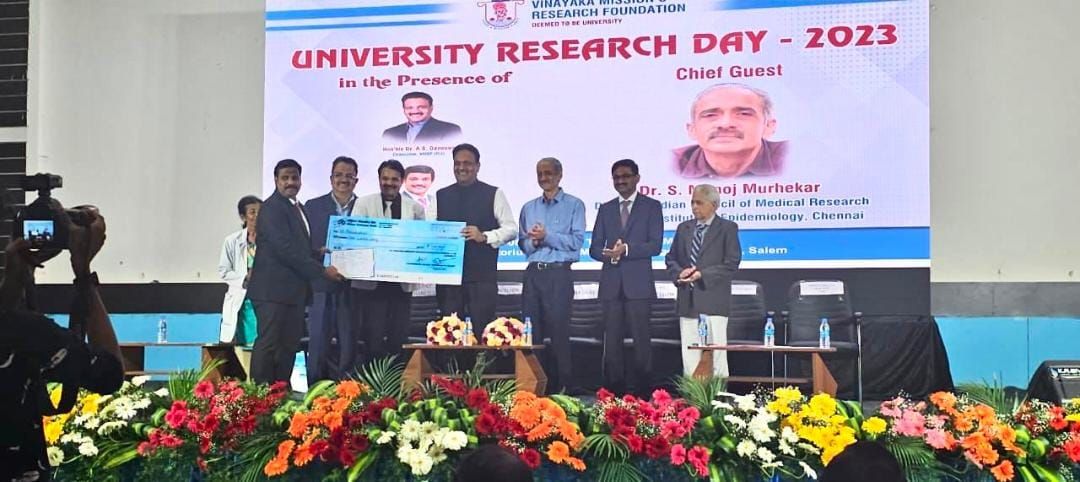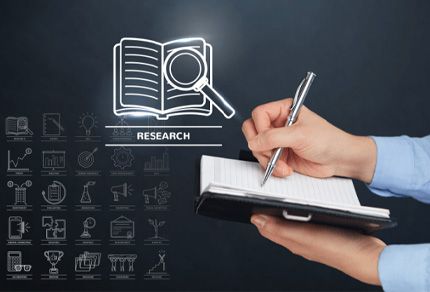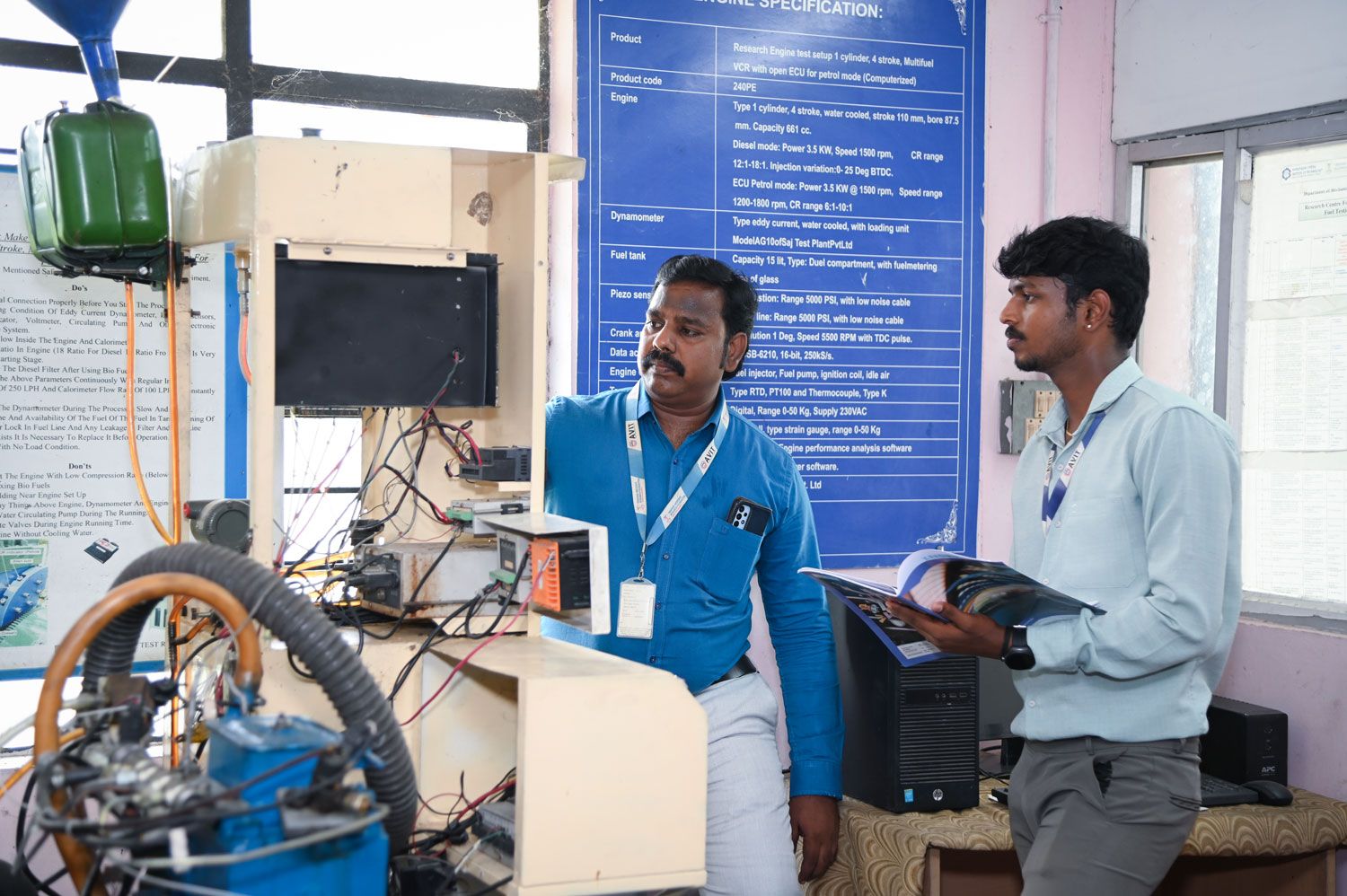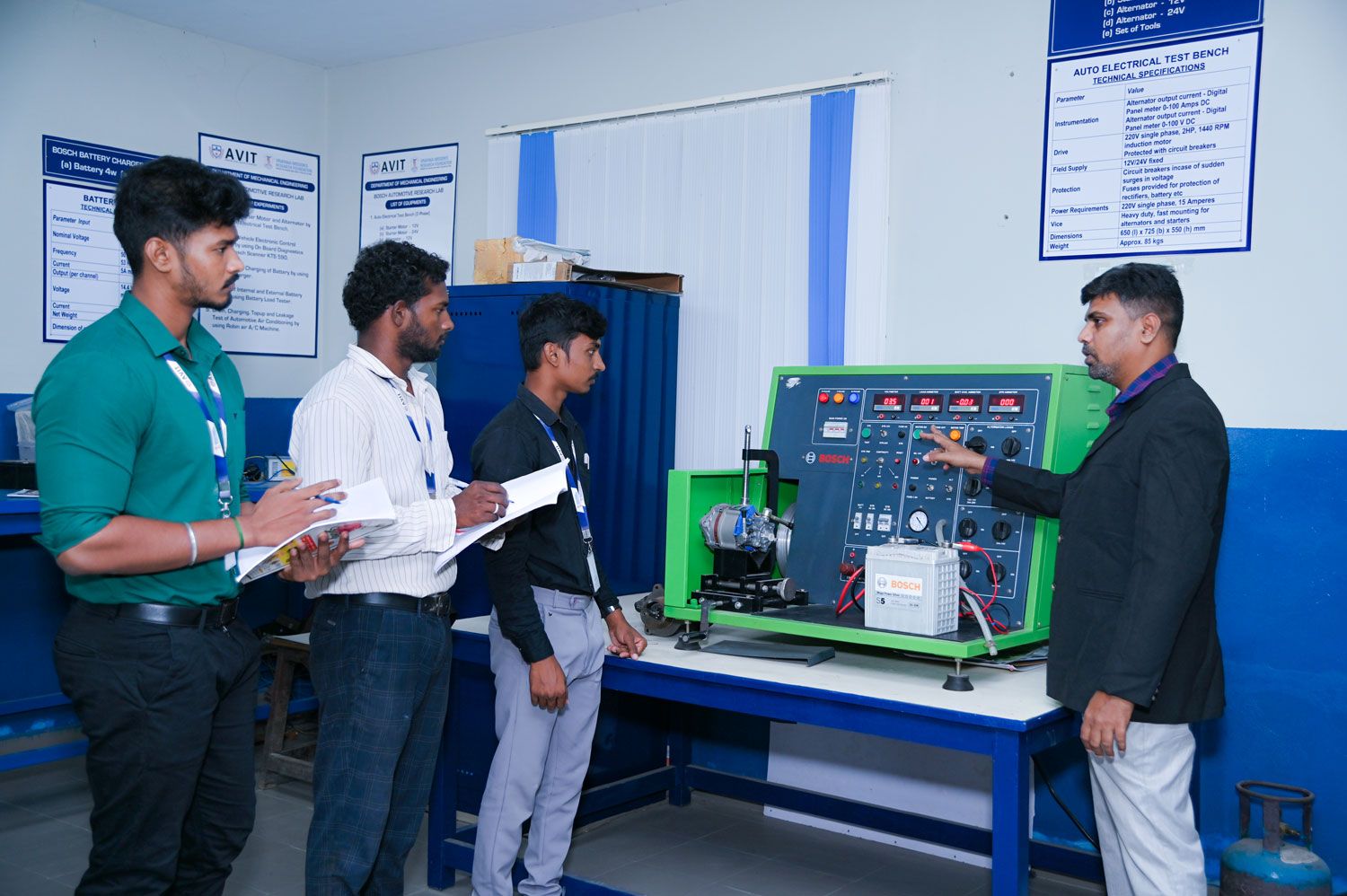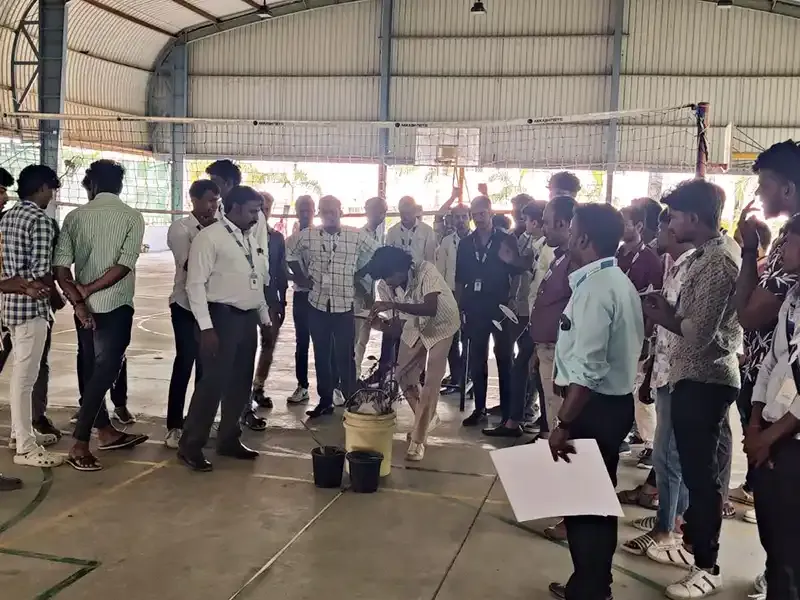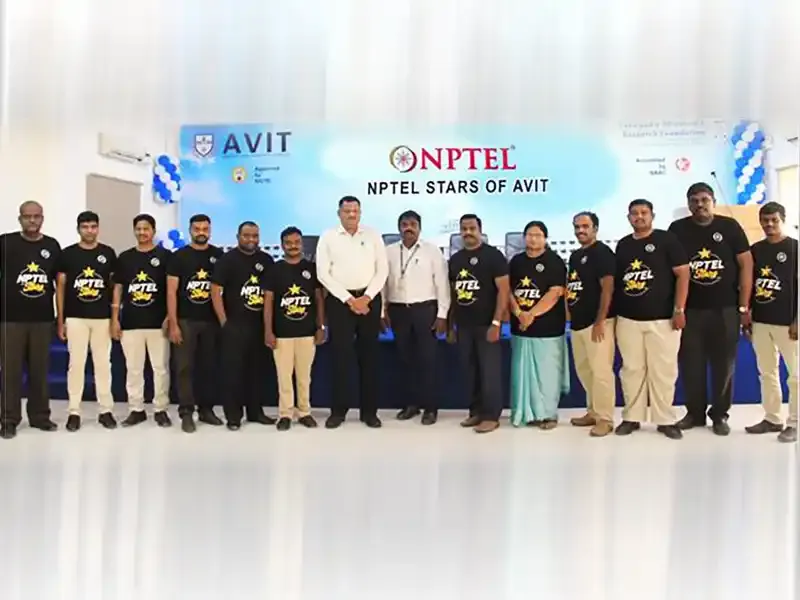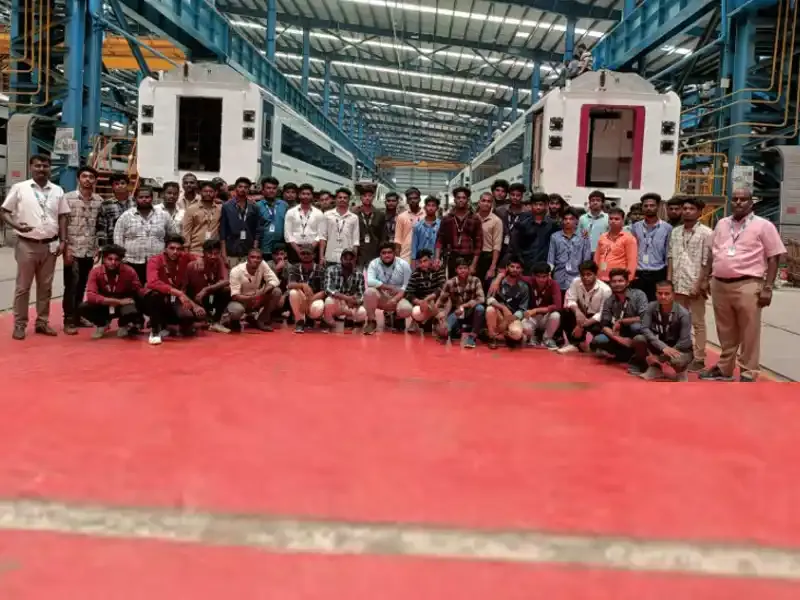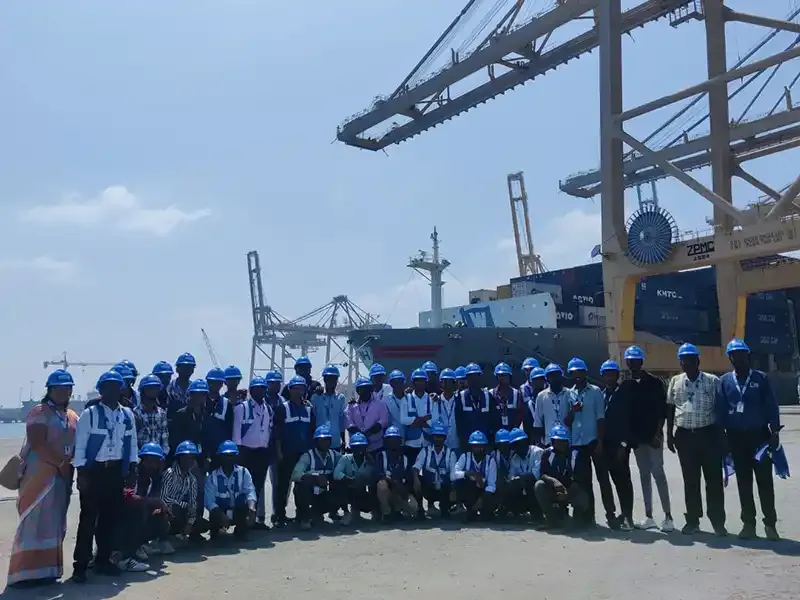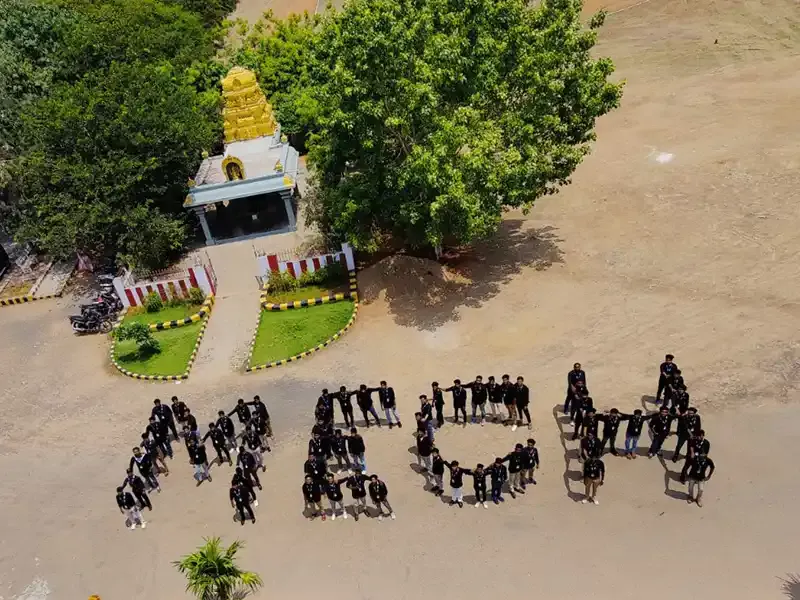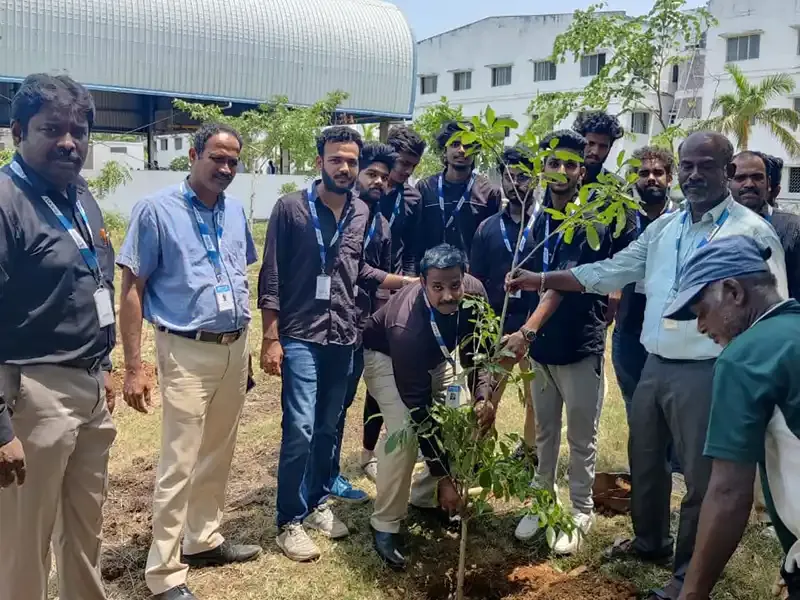Department of Mechanical Engineering
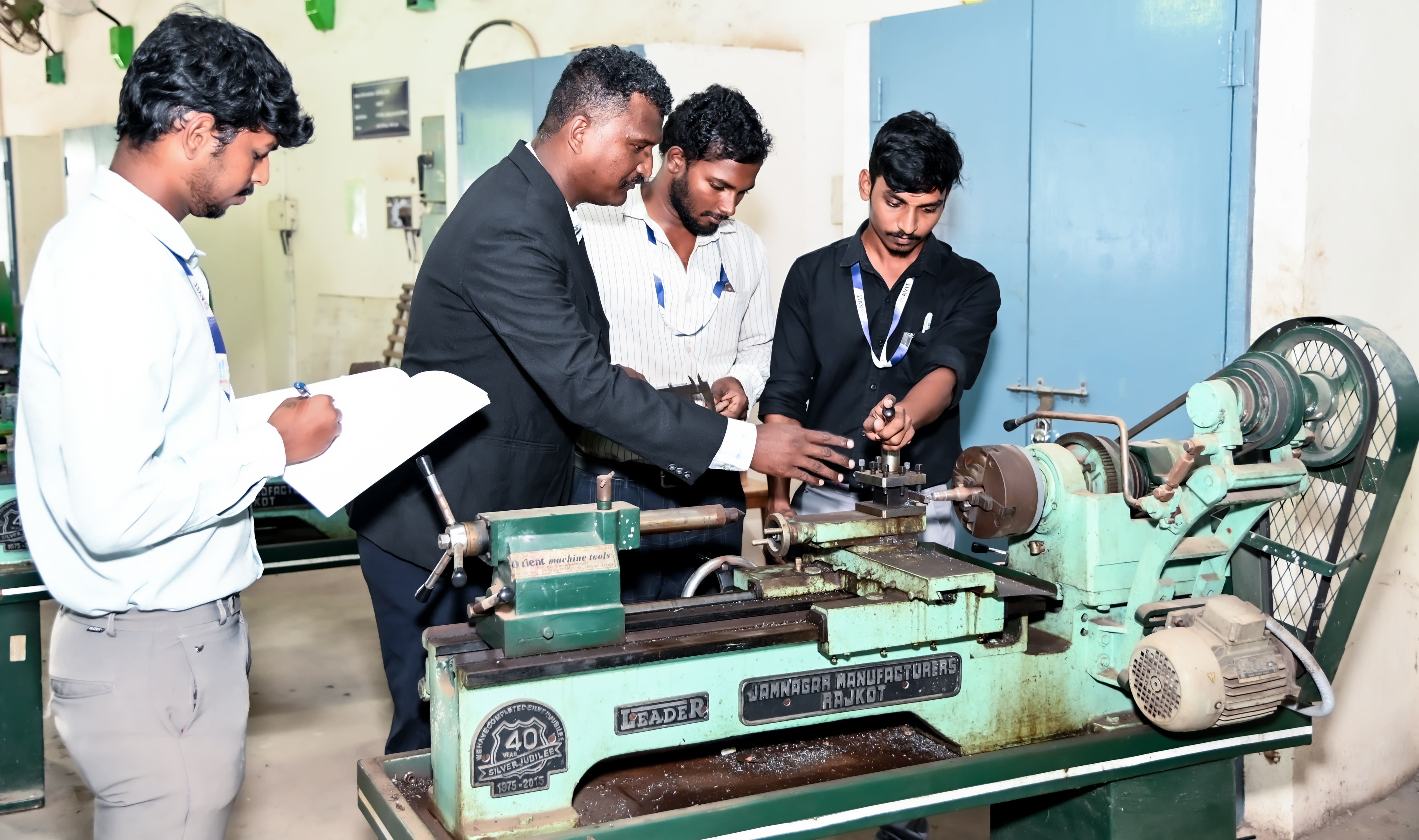
Department Overview
The Department of Mechanical Engineering at AVIT offers UG and PG programmes focused on industry-ready skills and innovation. Recognised as a top choice among the best colleges for mechanical engineering in Tamil Nadu, our curriculum aligns with the latest mechanical engineering syllabus and includes practical exposure through mechanical engineering design courses in Chennai.
Through partnerships with ENFUSE, SAE Collegiate Club, and NIQR, students benefit from workshops, industrial visits, and in-plant training. The department also fosters innovation via its Centres of Excellence, including the Alternative Fuel Testing Centre and the BOSCH Automotive Research Centre—ideal for those working on the best mechanical engineering projects.
With a strong technical association and a focus on real-world learning, AVIT stands out among top mechanical engineering colleges in Tamil Nadu for students seeking a future in design, research, or core industries.
Mission & Vision
Building a Future of Excellence Through Purpose and Direction
Our Mission
- To provide quality and systemized education to enhance and enrich the skills of the mechanical engineers through the research facilities and learner friendly environment to disseminate the knowledge.
Our Vision
- The Department of Mechanical Engineering endeavors to be the globally recognized knowledge epicenter in education, to create the well qualified Society responsible engineers, entrepreneurs and to innovate successful advancements in the research.
Dr. M. Prabhahar
Professor and Head
Welcome to the Department of Mechanical Engineering. It gives me great pleasure to extend a warm welcome as you begin your academic journey with us. As the Head of this vibrant and forward-thinking department, I take pride in highlighting our state-of-the-art research facilities and industry-sponsored laboratories that provide a strong platform for hands-on learning and innovation.
The knowledge and skills you gain here will form the cornerstone of your success—as both engineers and future innovators. I look forward to seeing you grow, achieve, and make meaningful contributions to the field of mechanical engineering.
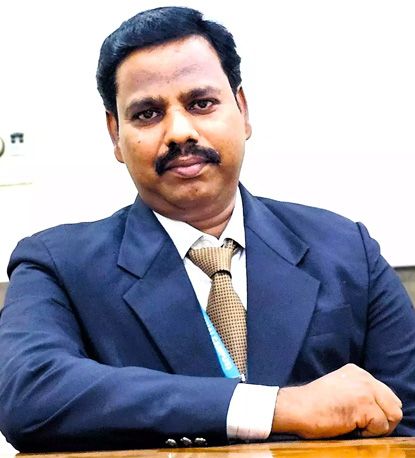
Programme Highlights
What You’ll Achieve with Us
Programme Outcome (POs)
Engineering Graduates will be able to:
| PO. No | Outcomes | Description |
| PO 1 | Engineering Knowledge | Apply knowledge of mathematics, natural science, computing, engineering fundamentals and an engineering specialization as specified in WK1 to WK4 respectively to develop to the solution of complex engineering problems. |
| PO 2 | Problem Analysis | Identify, formulate, review research literature and analyze complex engineering problems reaching substantiated conclusions with consideration for sustainable development. (WK1 to WK4) |
| PO 3 | Design/Development of Solutions | Design creative solutions for complex engineering problems and design/develop systems/components/processes to meet identified needs with consideration for the public health and safety, whole-life cost, net zero carbon, culture, society and environment as required. (WK5) |
| PO 4 | Conduct Investigations of Complex Problems | Conduct investigations of complex engineering problems using research-based knowledge including design of experiments, modelling, analysis & interpretation of data to provide valid conclusions. (WK8). |
| PO 5 | Engineering Tool Usage | Create, select and apply appropriate techniques, resources and modern engineering & IT tools, including prediction and modelling recognizing their limitations to solve complex engineering problems. (WK2 and WK6) |
| PO 6 | The Engineer and The World | Analyze and evaluate societal and environmental aspects while solving complex engineering problems for its impact on sustainability with reference to economy, health, safety, legal framework, culture and environment. (WK1, WK5, and WK7). |
| PO 7 | Ethics | Apply ethical principles and commit to professional ethics, human values, diversity and inclusion; adhere to national & international laws. (WK9) |
| PO 8 | Individual and Collaborative Team work | Function effectively as an individual, and as a member or leader in diverse/multi-disciplinary teams. |
| PO 9 | Communication | Communicate effectively and inclusively within the engineering community and society at large, such as being able to comprehend and write effective reports and design documentation, make effective presentations considering cultural, language, and learning differences |
| PO 10 | Project Management and Finance | Apply knowledge and understanding of engineering management principles and economic decision-making and apply these to one’s own work, as a member and leader in a team, and to manage projects and in multidisciplinary environments. |
| PO 11 | Life-Long Learning | Recognize the need for, and have the preparation and ability for i) independent and life-long learning ii) adaptability to new and emerging technologies and iii) 30 critical thinking in the broadest context of technological change. (WK8) |
Programme Specific Outcome (PSOs)
To achieve the mission of the program, Mechanical Engineering graduates will be able:
| PSO. No | Description |
| PSO 1 | To work independently as well as in team to formulate, design, execute solutions for engineering problems and also analyze, synthesize technical data for application to product, process, system design & development |
| PSO 2 | To understand & contribute towards social, environmental issues, following professional ethics and codes of conduct and embrace lifelong learning for continuous improvement |
| PSO 3 | To develop expertise towards use of modern engineering tools, careers in industries and research and demonstrate entrepreneurial skill |
Programme Educational Objectives (PEOs)
| PEO. No | Description |
| PEO 1 | Design, analyze & fabricate, maintain and improve mechanical engineering systems that are technically sound, economically feasible and socially acceptable to enhance quality of life. |
| PEO 2 | Apply modern computational, analytical, simulation tools and techniques to address the challenges faced in mechanical and allied engineering streams. |
| PEO 3 | Communicate effectively using innovative tools and demonstrate leadership & entrepreneurial skills. |
| PEO 4 | Exhibit professionalism, ethical attitude, team spirit and pursue lifelong learning to achieve career and organizational goals. |
Board Of Studies
| S.No | Name & Designation | Particulars |
| 1 | Dr.R.Sasikumar, Chairperson VMKV Engineering College, Salem | Chair Person |
| 2 | Dr.M.Prabhahar, Professor and Head Department of Mechanical Engineering, Aarupadai Veedu Institute of Technology, Paiyanoor | Member |
| 3 | Dr.N.Rajan, Professor and Head Department of Mechanical Engineering VMKV Engineering College, Salem | Member |
| 4 | Dr.L.Prabhu, Professor & VP (Admin) Department of Mechanical Engineering Aarupadai Veedu Institute of Technology, Paiyanoor | Member |
| 5 | Dr.S.Venkatesan, Professor, Department of Mechanical Engineering VMKV Engineering College, Salem | Member |
| 6 | Dr.S.Sangeetha Professor Department of Mechanical Engineering Aarupadai Veedu Institute of Technology, Paiyanoor | Member |
| 7 | Dr.S.Natarajan, Associate Professor Department of Mechanical Engineering VMKV Engineering College, Salem | Member |
| 8 | Dr.D.Bubeshkumar Professor Department of Mechanical Engineering Aarupadai Veedu Institute of Technology, Paiyanoor | Member |
| 9 | Dr.M.Saravanan Assistant professor Department of Mechanical Engineering VMKV Engineering College, Salem | Member |
| 10 | Mr.B.SelvaBabu Assistant professor Department of Mechanical Engineering Aarupadai Veedu Institute of Technology, Paiyanoor | Member |
| 11 | Prof. Dr.B.Suresha HOD & Professor Department of Mechanical Engineering National Institute of Engineering, Mysuru, Karnataka | External Expert |
| 12 | Prof.Dr.P.Muthukumar Professor Department of Mechanical Engineering Indian Institute of Technology, Guwahati | External Expert |
Industry Partners
VEmerge+ Integrated Programmes Developed in Collaboration With Leading Industry Partners
Programmes Offered
Start Your Learning Journey
Curriculum
What you will Learn
UG Programmes
Curriculum
PG Programmes
Laboratories
State of the Art Laboratories
Take a 360° Virtual Tour of Mechanical Engineering Department
Explore our vibrant campus and discover where innovation, learning, and community thrive.
Clubs & Organizations
Join vibrant clubs to explore passions and build leadership
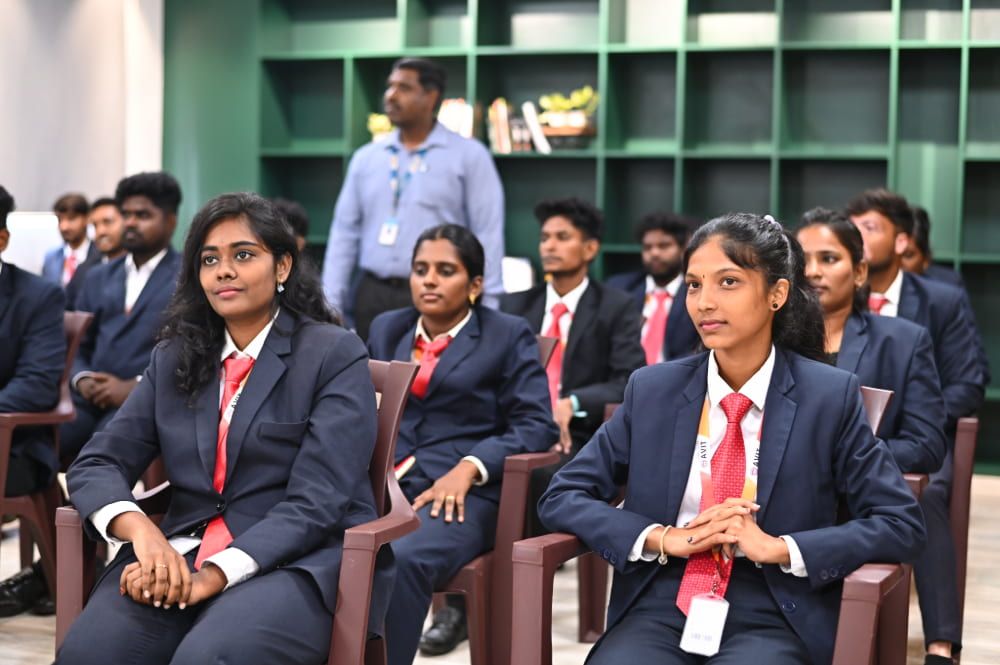
AI & Machine Learning Club
Explore the latest in AI, ML, and data science through workshops, coding challenges, and collaborative projects.
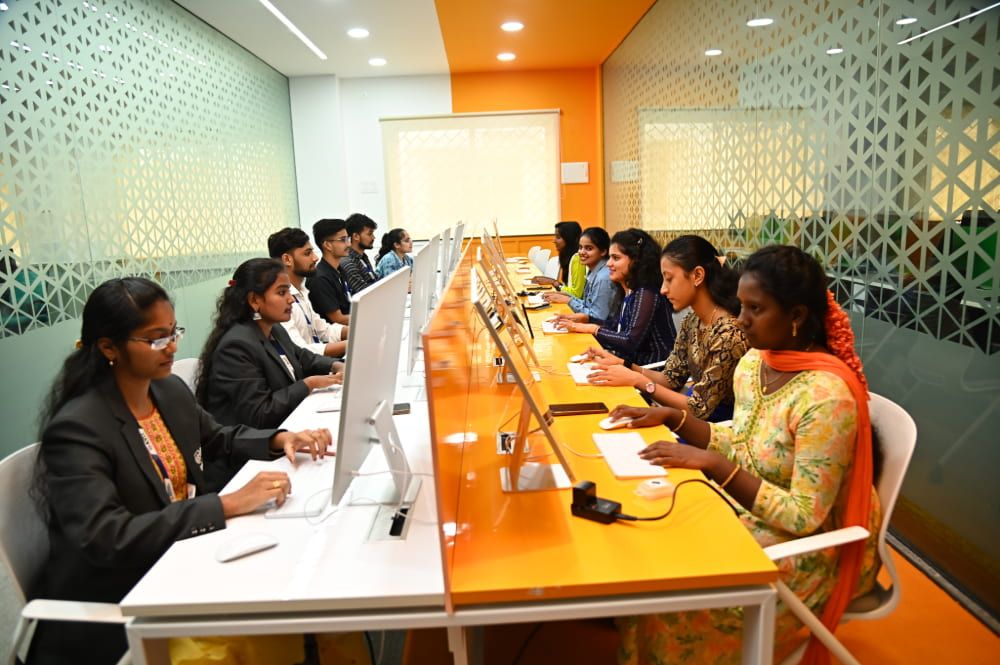
Coding Club
Sharpen your programming skills with peer-led coding sessions, hackathons, and competitions.
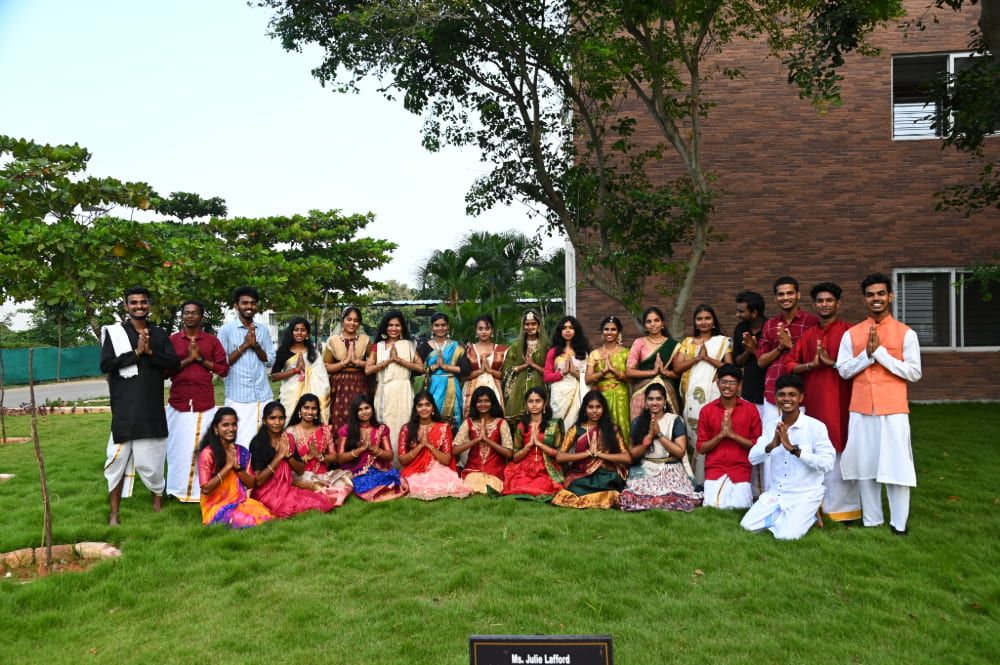
Innovation Cell
Turn your tech ideas into reality! IEC empowers students with mentorship, start-up guidance, and opportunities.
Competition & Awards
Where talent meets recognition
Our achievements reflect the dedication, talent and industry readiness of our faculty and students. The department proudly highlights accomplishments in key areas that showcase awards, academic success, research excellence, professional growth and industry exposure.
- Awards
- Faculty Achievements
- Student Achievements
- Internships & Trainings
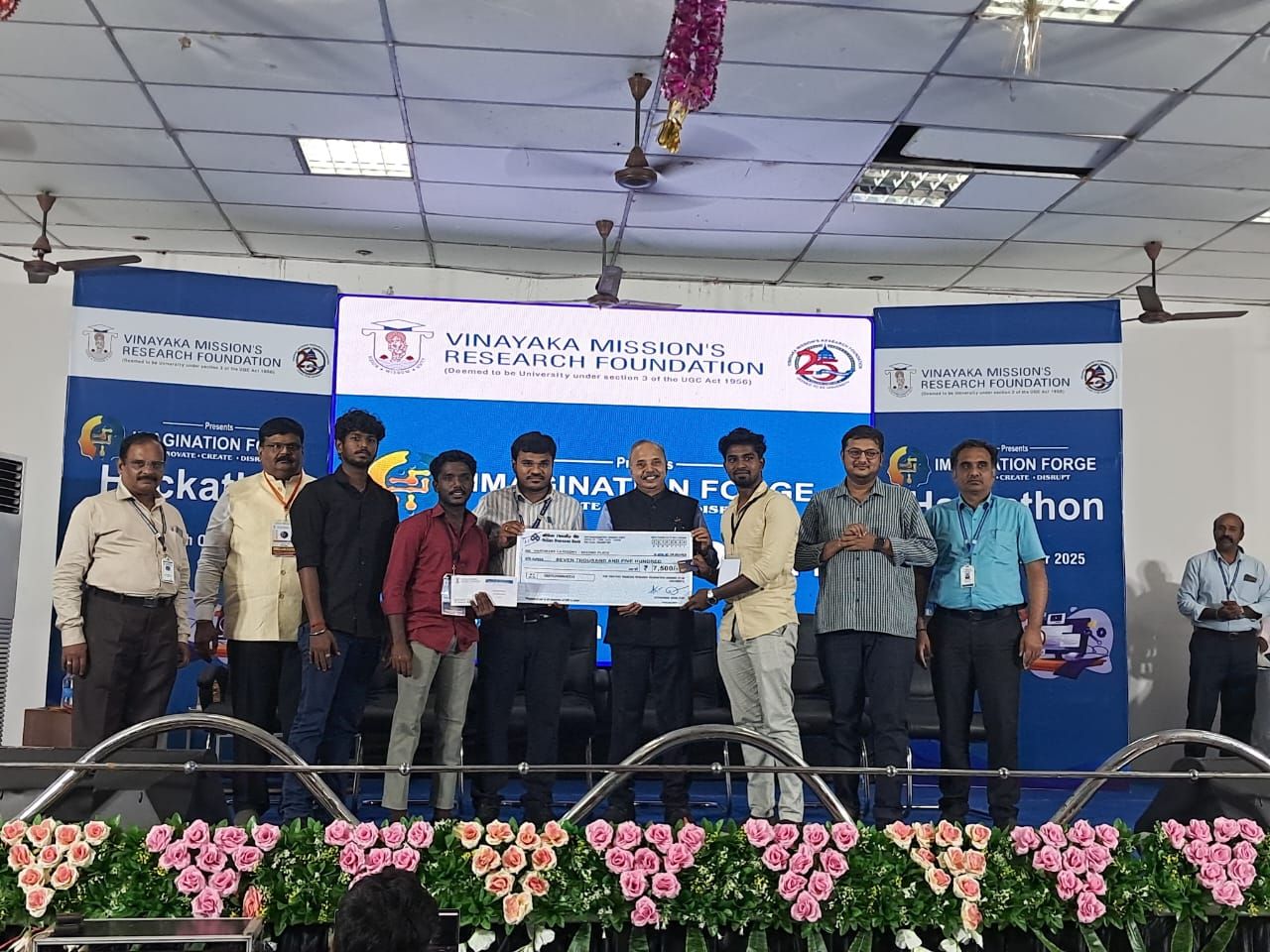
Centres of Excellence
Centres of Excellence
Internships
Build your future with industry-integrated internship programmes
At AVIT, internships connect classroom learning with real-world industry exposure, offering students hands-on experience, practical skills, and a head start in their careers.

News & Events
What’s Happening in Mechanical Engineering Department

A Report The Seminar on Transforming Engineering Design-Role of CAE in Rapid Product Development
Date: 19/09/2025

A Report One Week FDP on "Industry 5.0: Generative Design & Additive Manufacturing for Lightweight Structural Components"
Date: 18/08/2025

A Report Workshop on “Focusing on Future Fuels: Navigation of Emerging Trends in IC Engine Technology”
Date: 28/11/2025

A Report on The Alumni Lecture Series on The Benefits of ISO Certification for Small Scale Manufacturing
Date: 27/03/2025

A Report seminar on Technological Developments in Automotives
Date: 26/03/2025
Your Future Begins at AVIT College
Innovative programmes, expert faculty, and industry connections to guide your success
